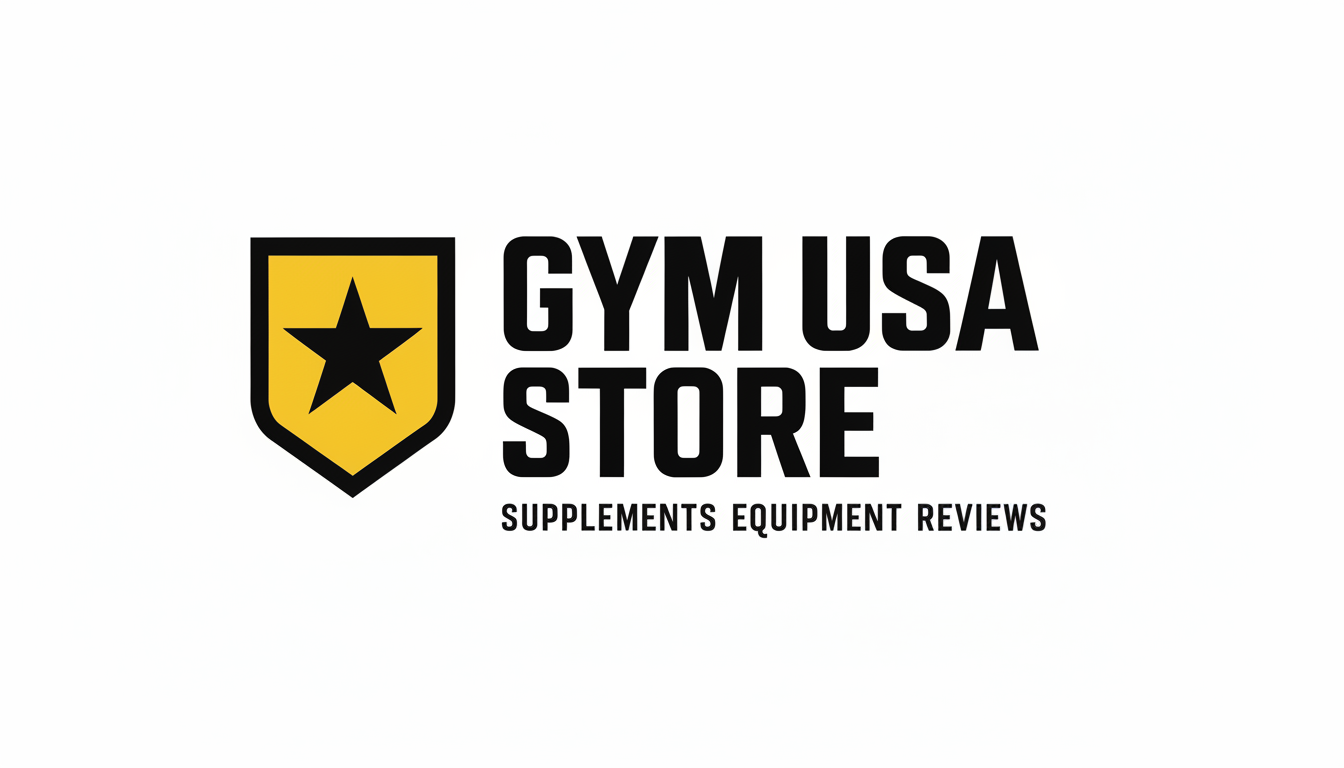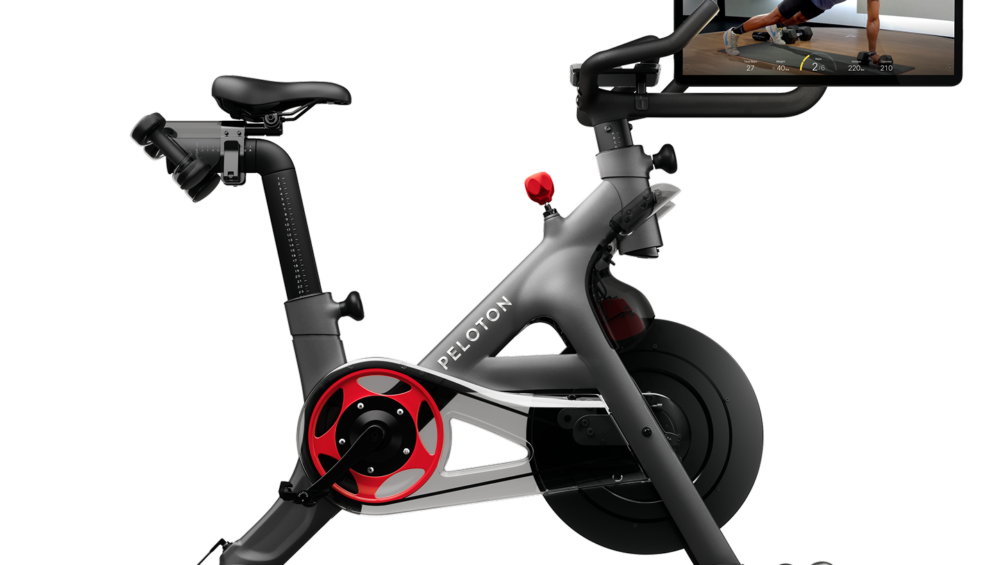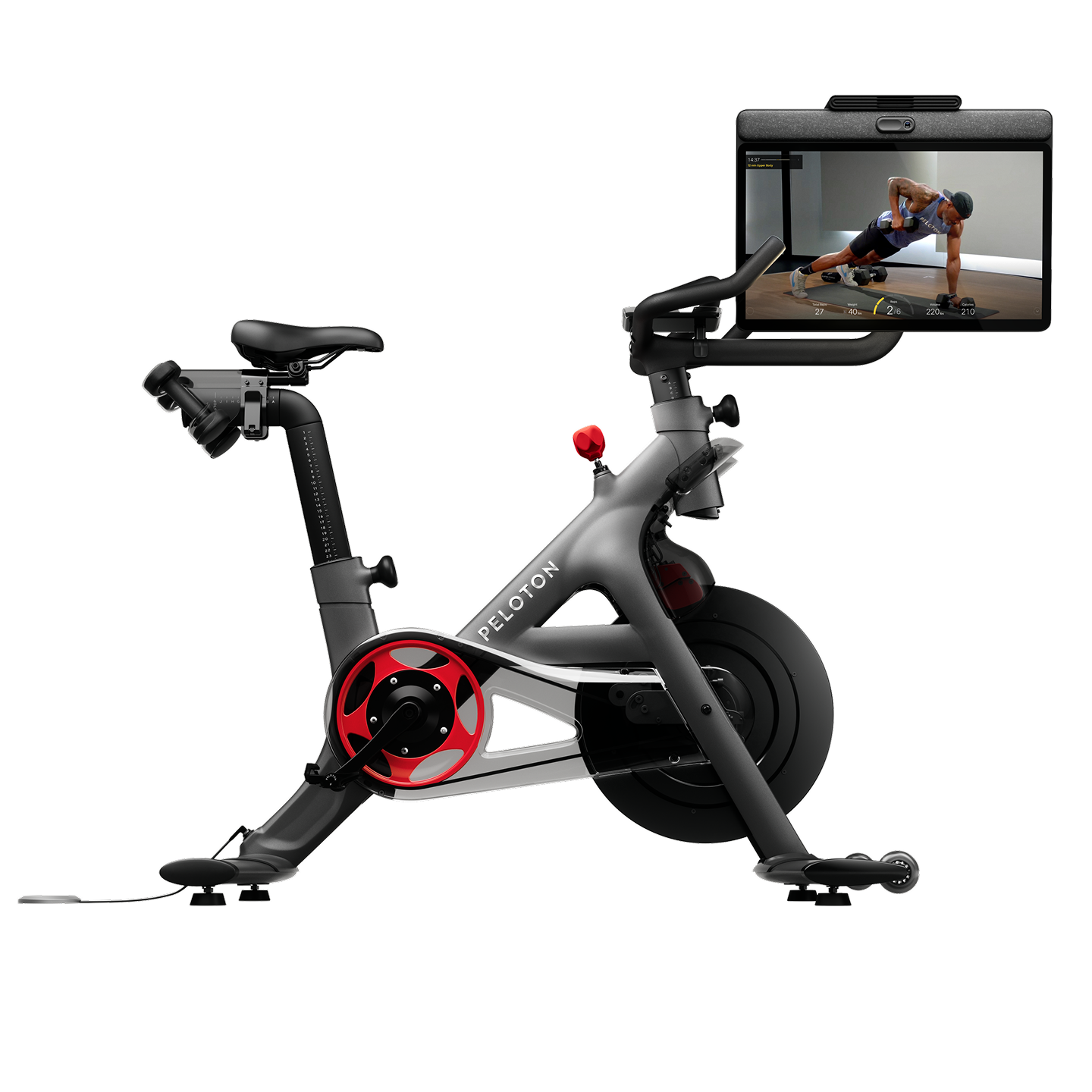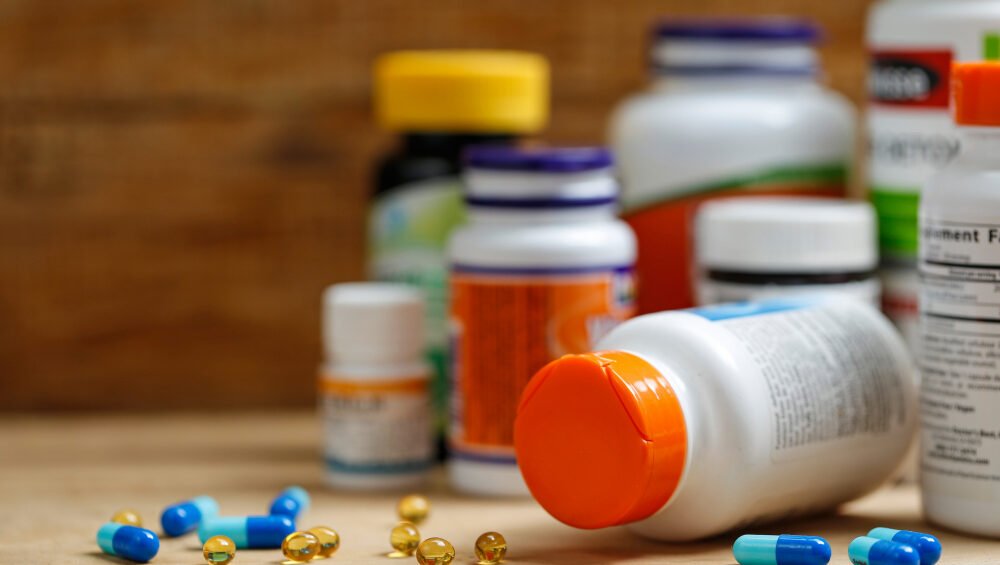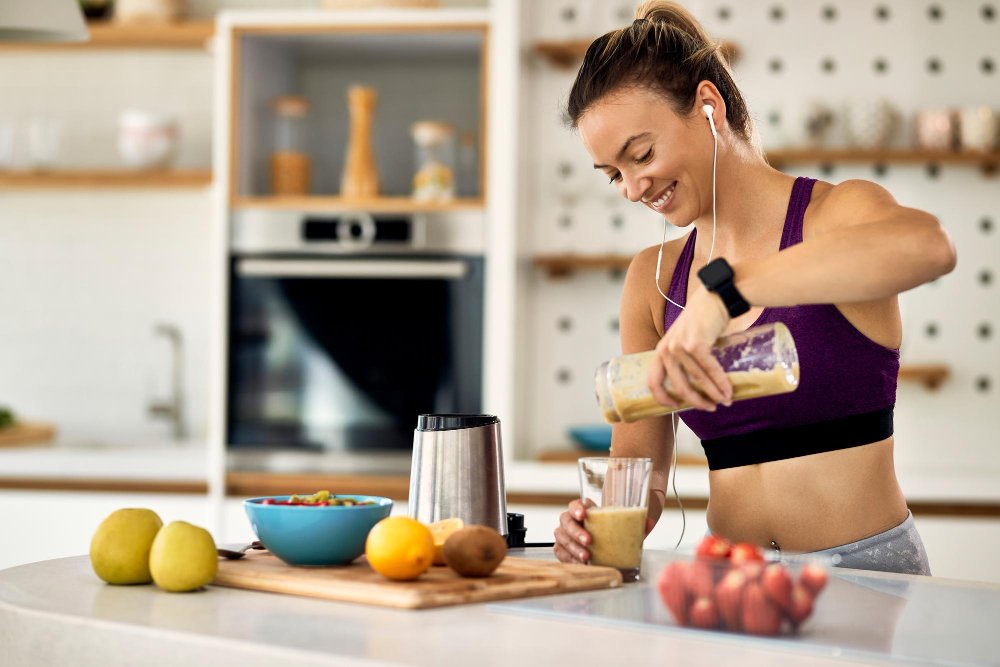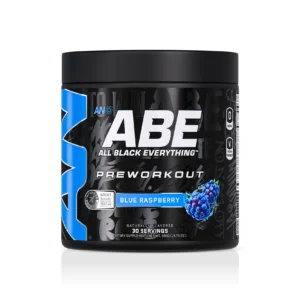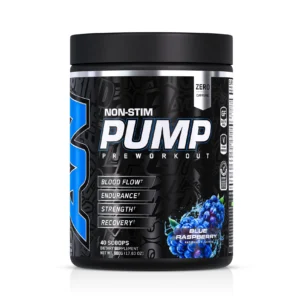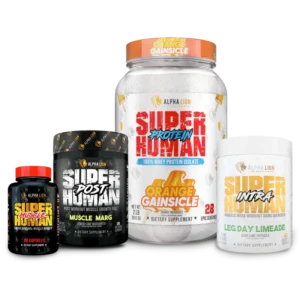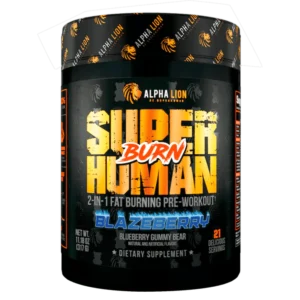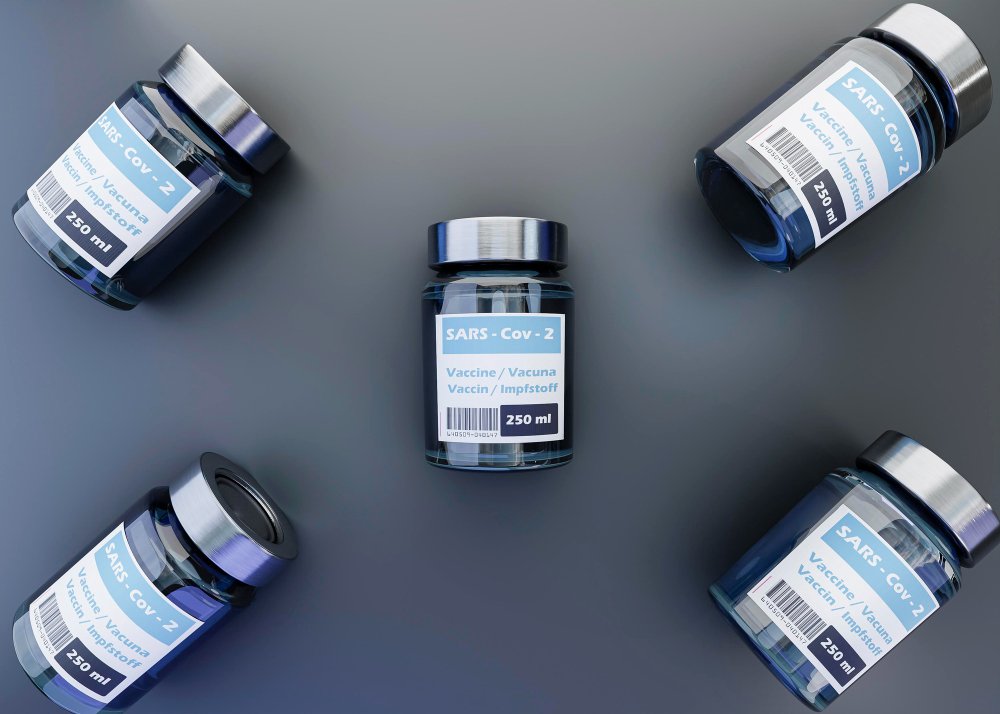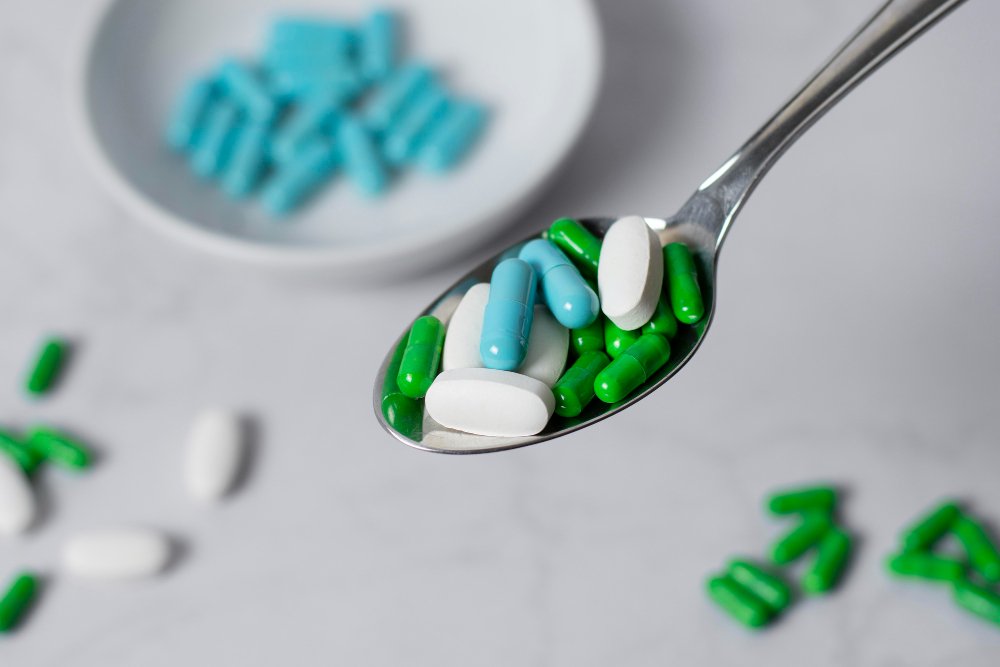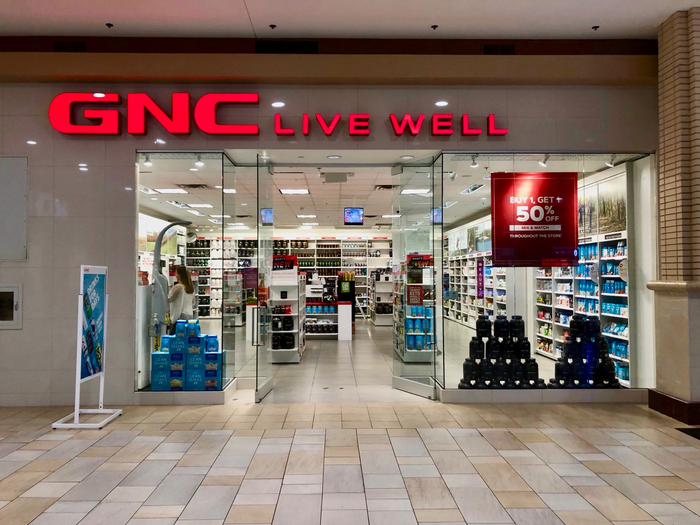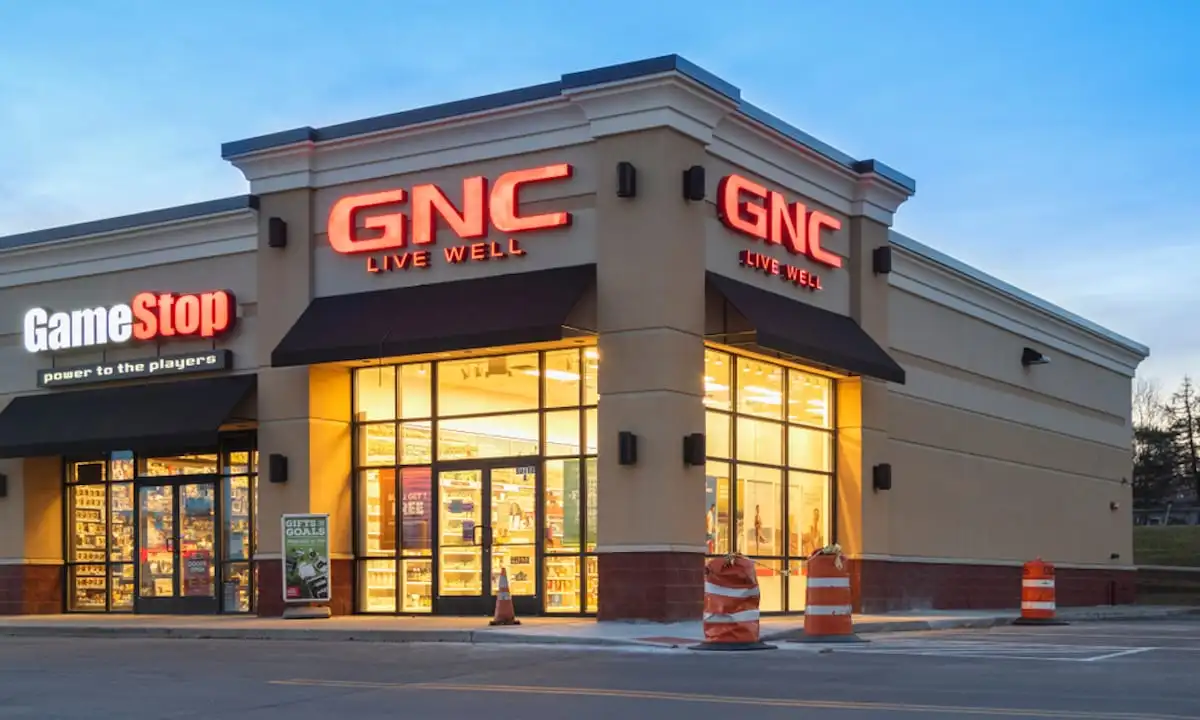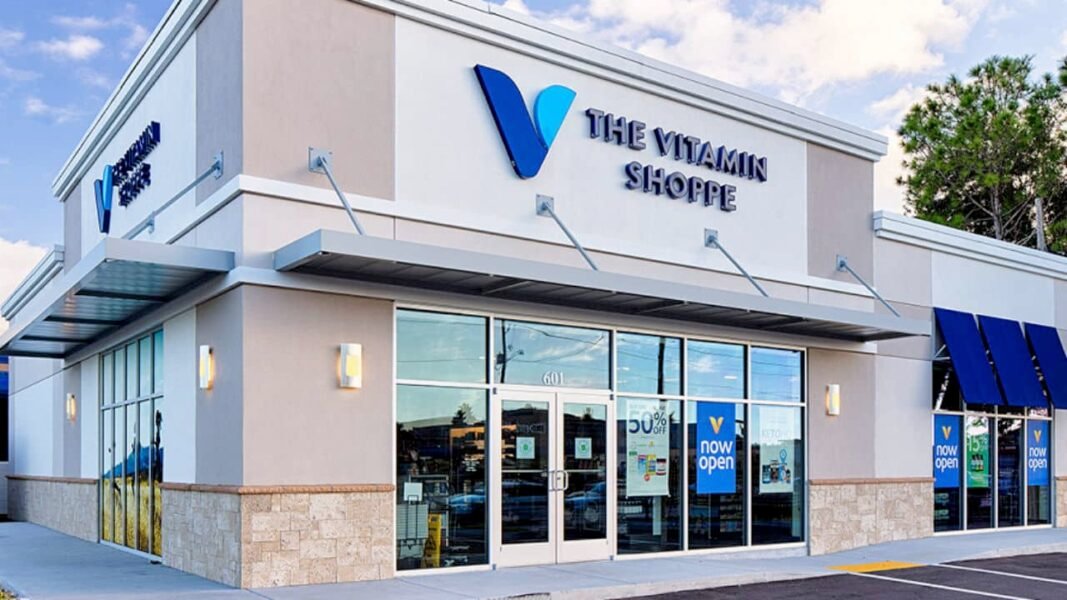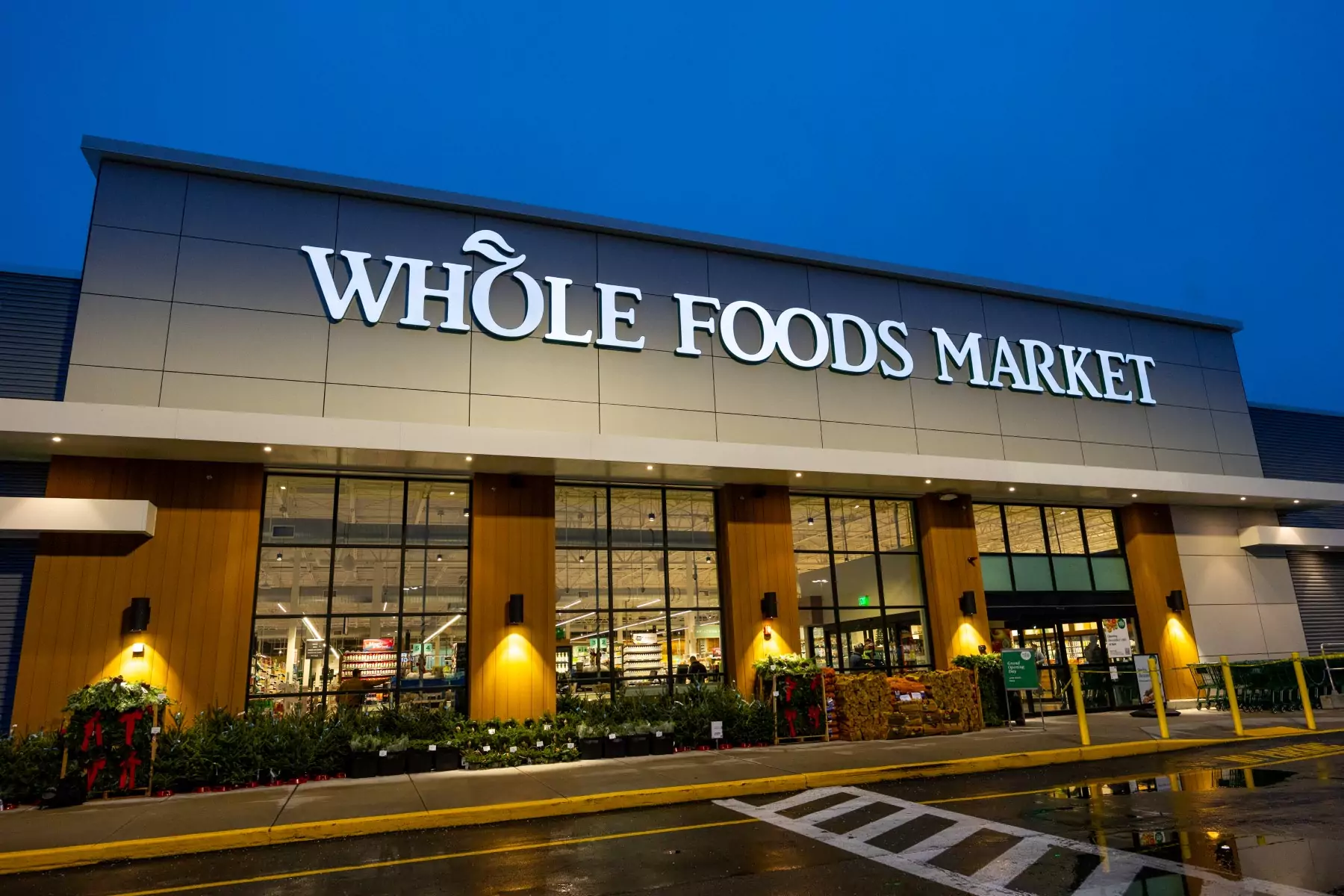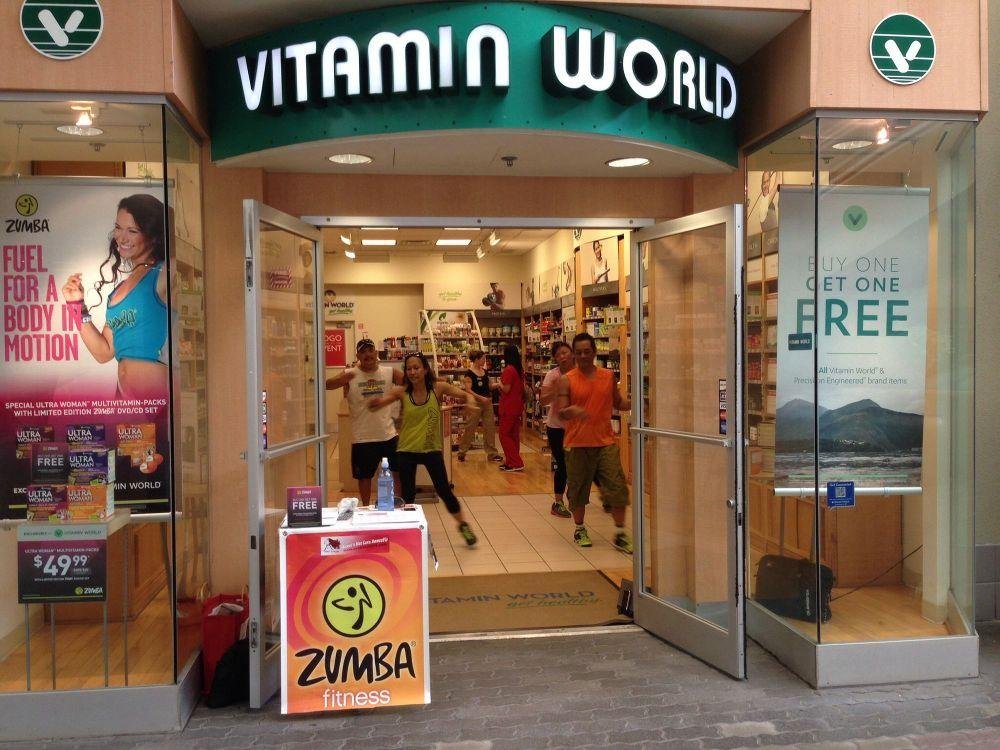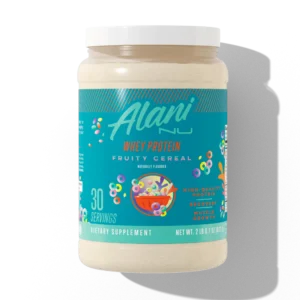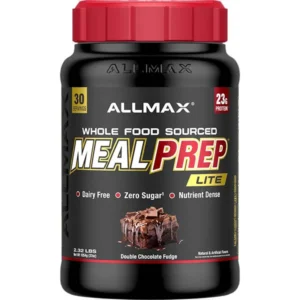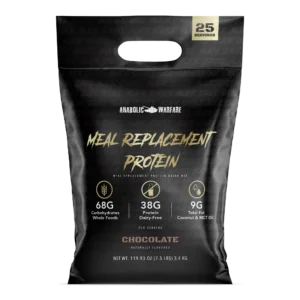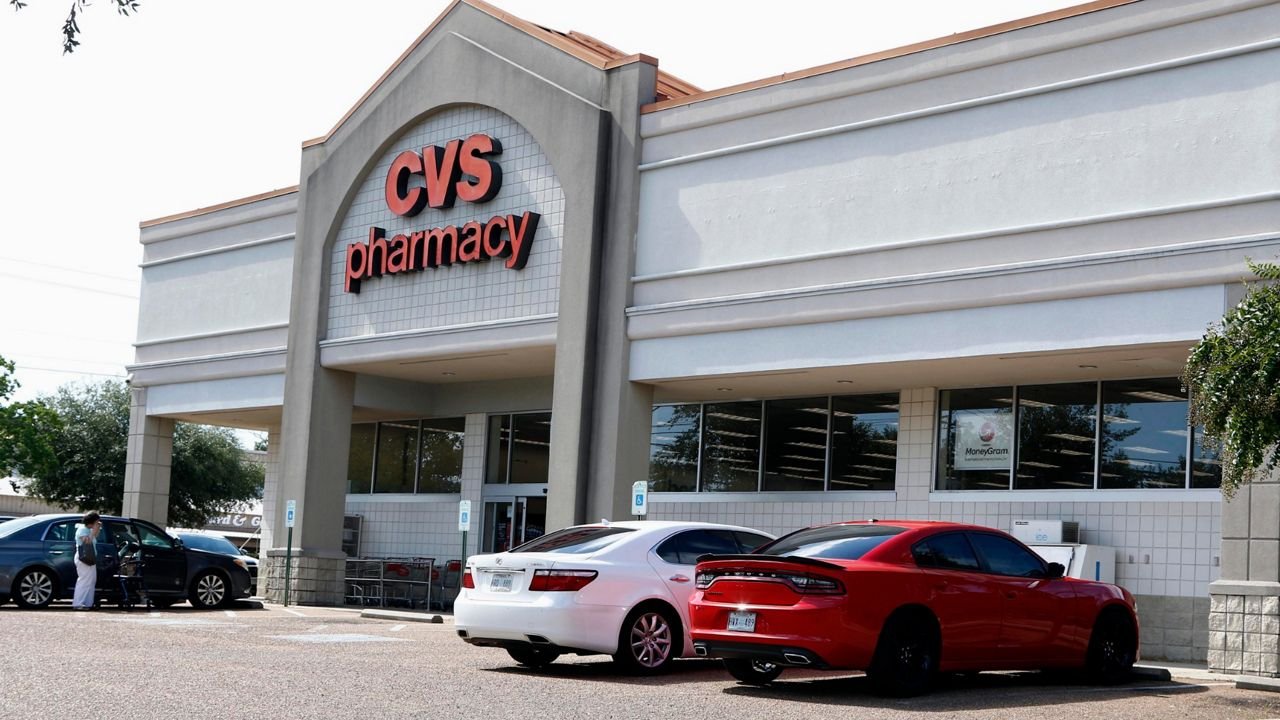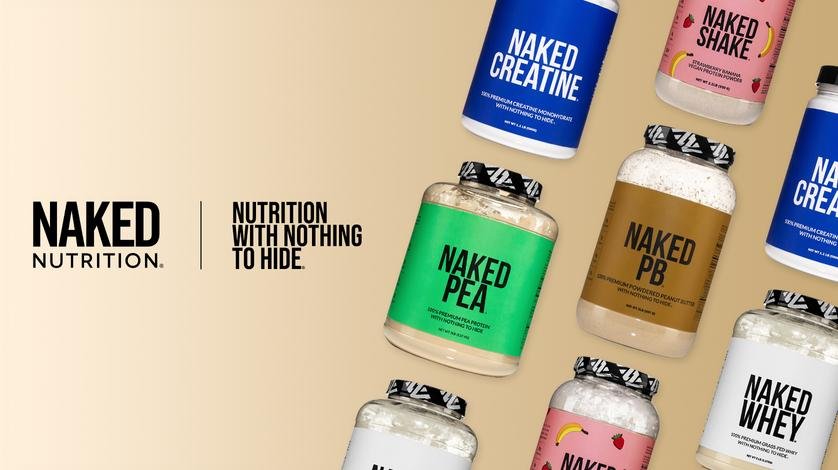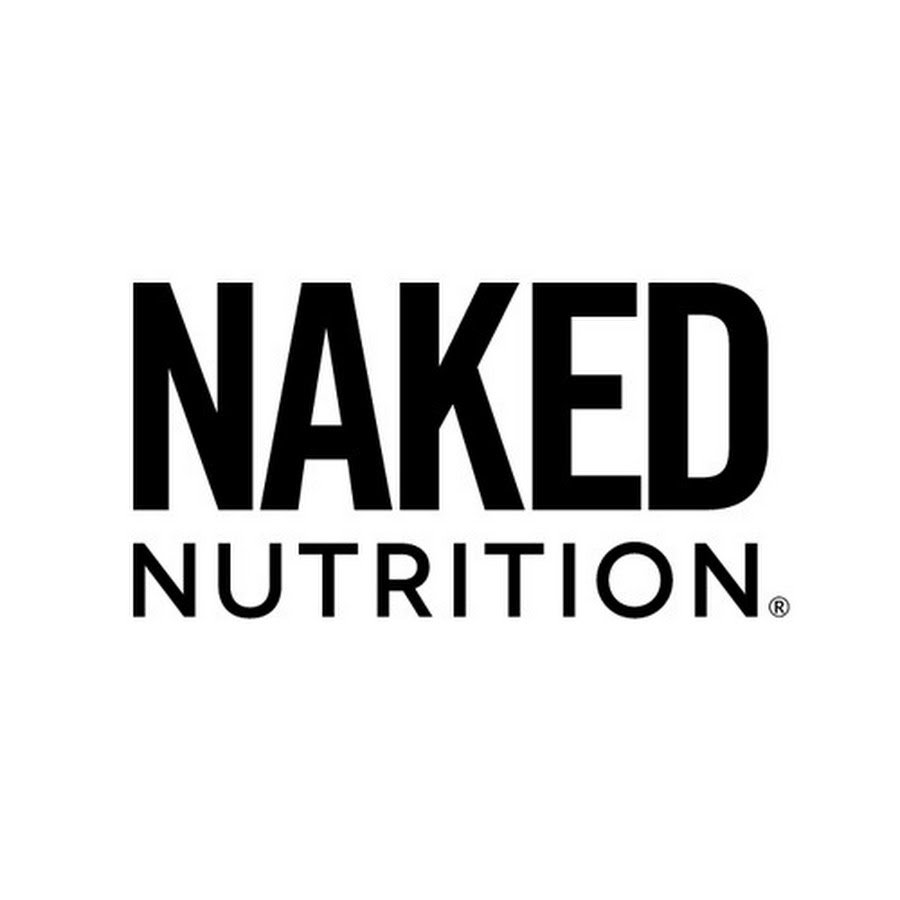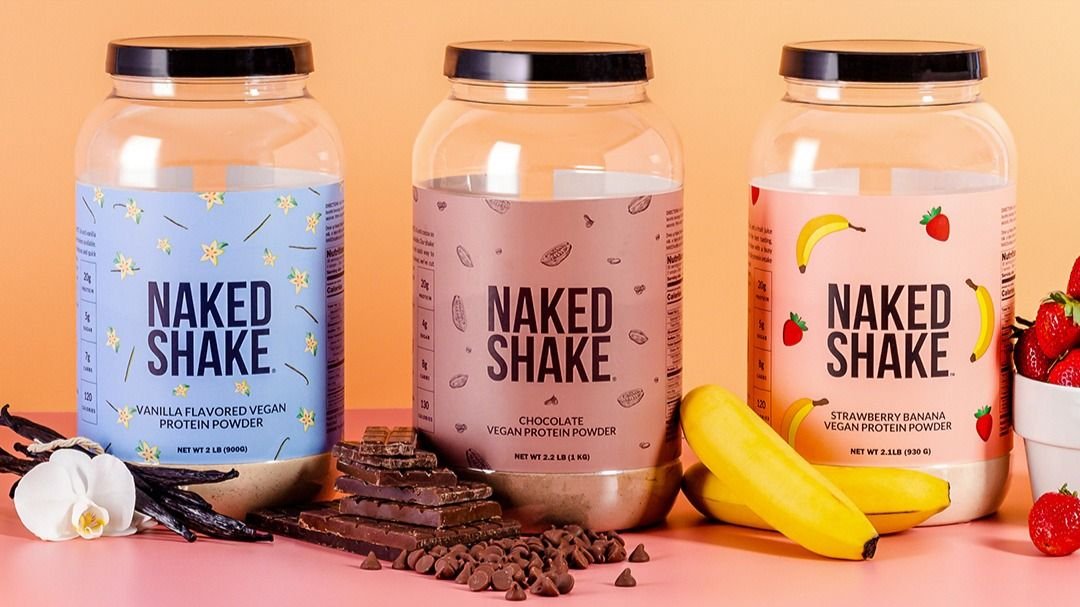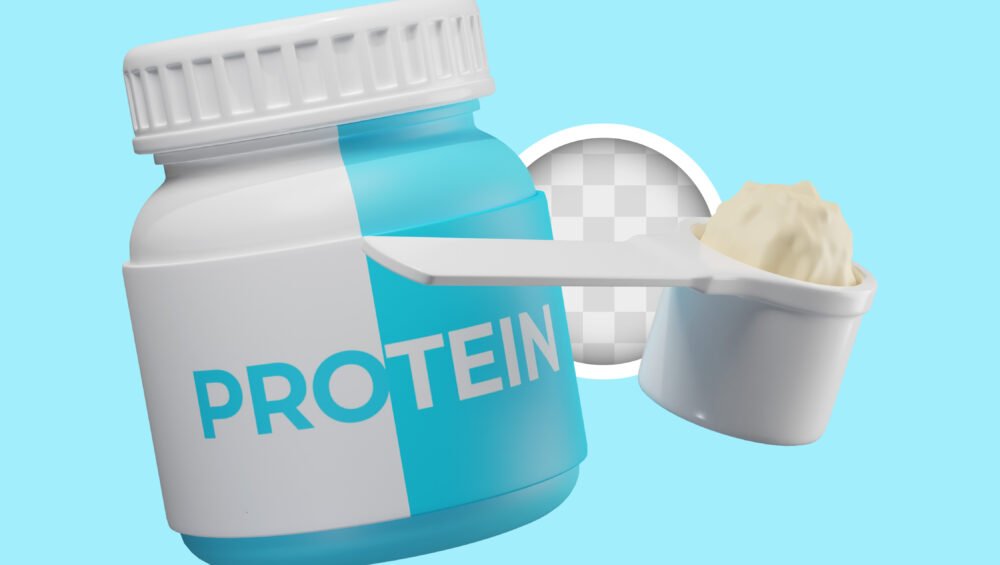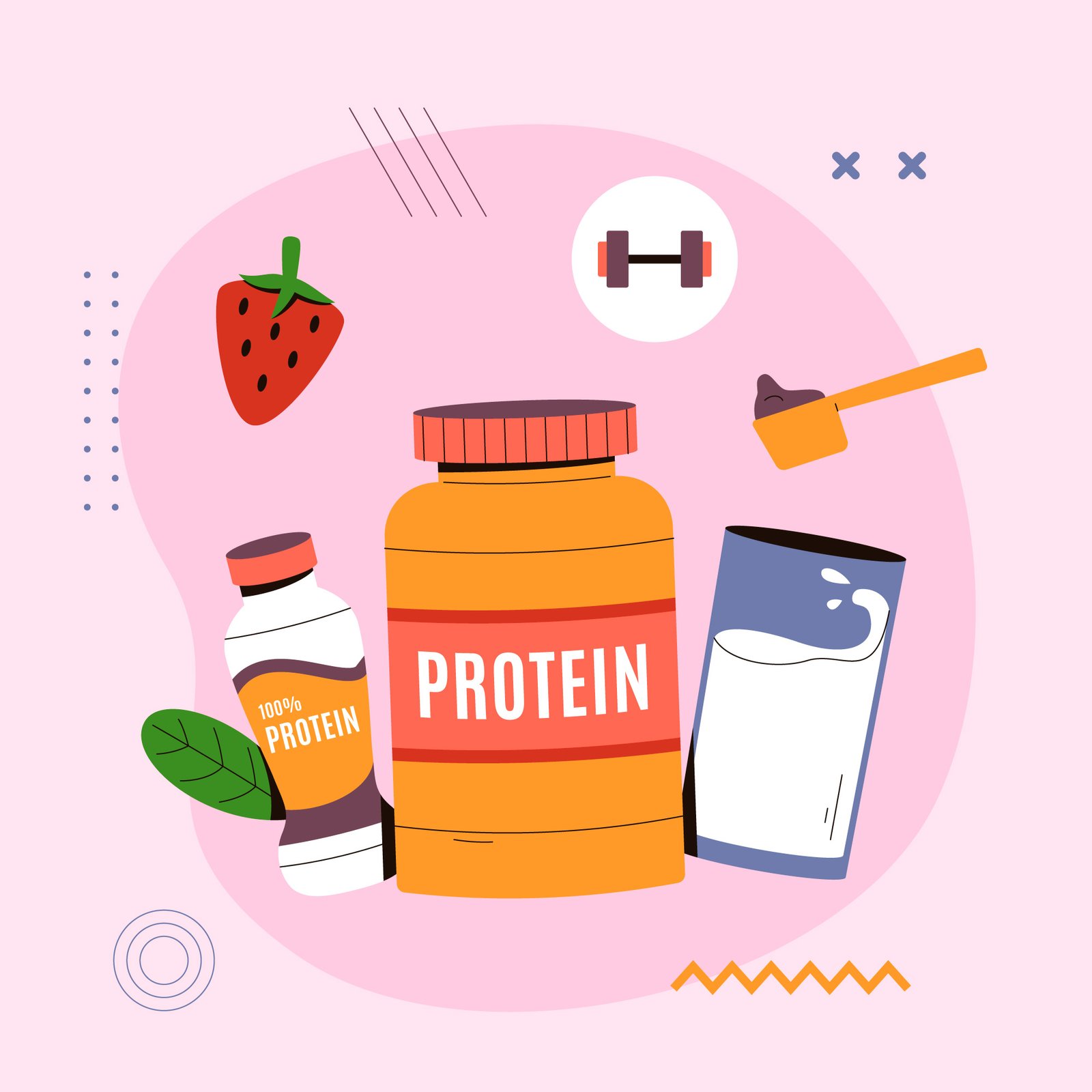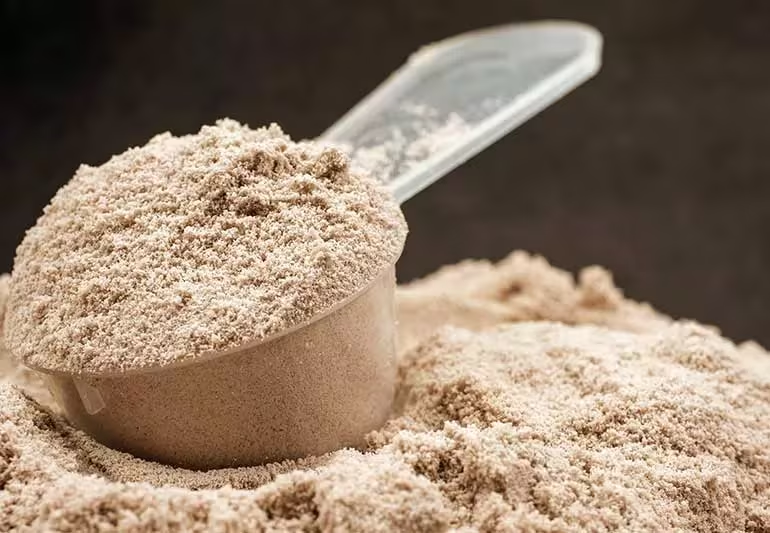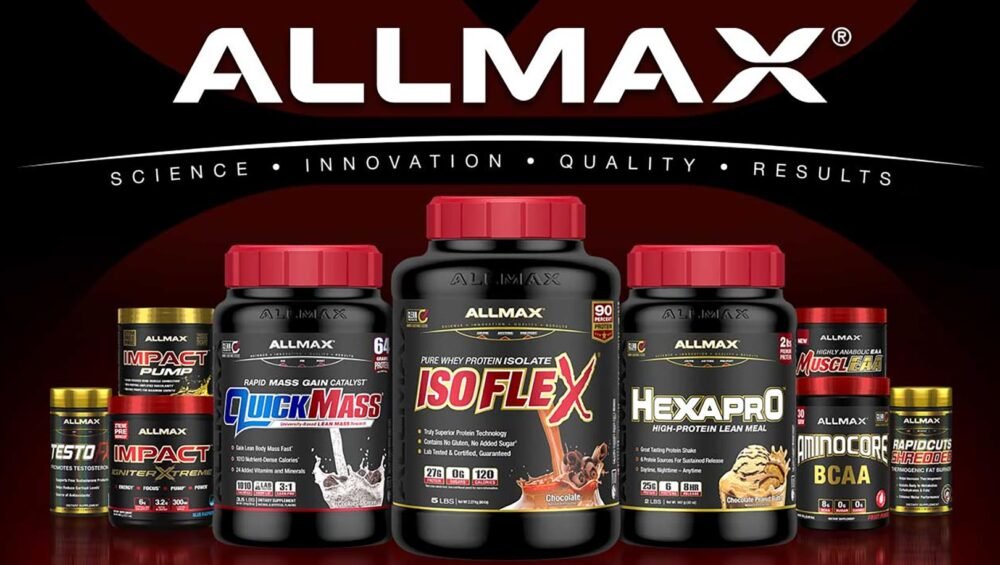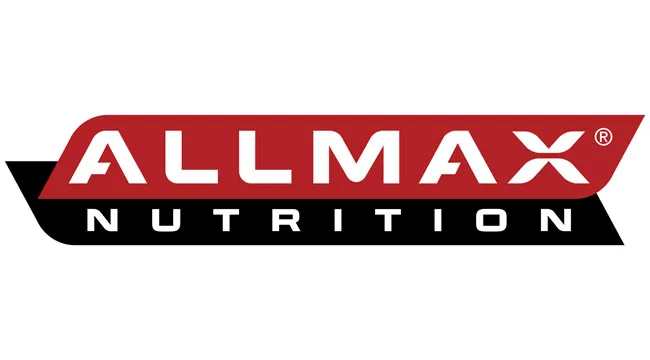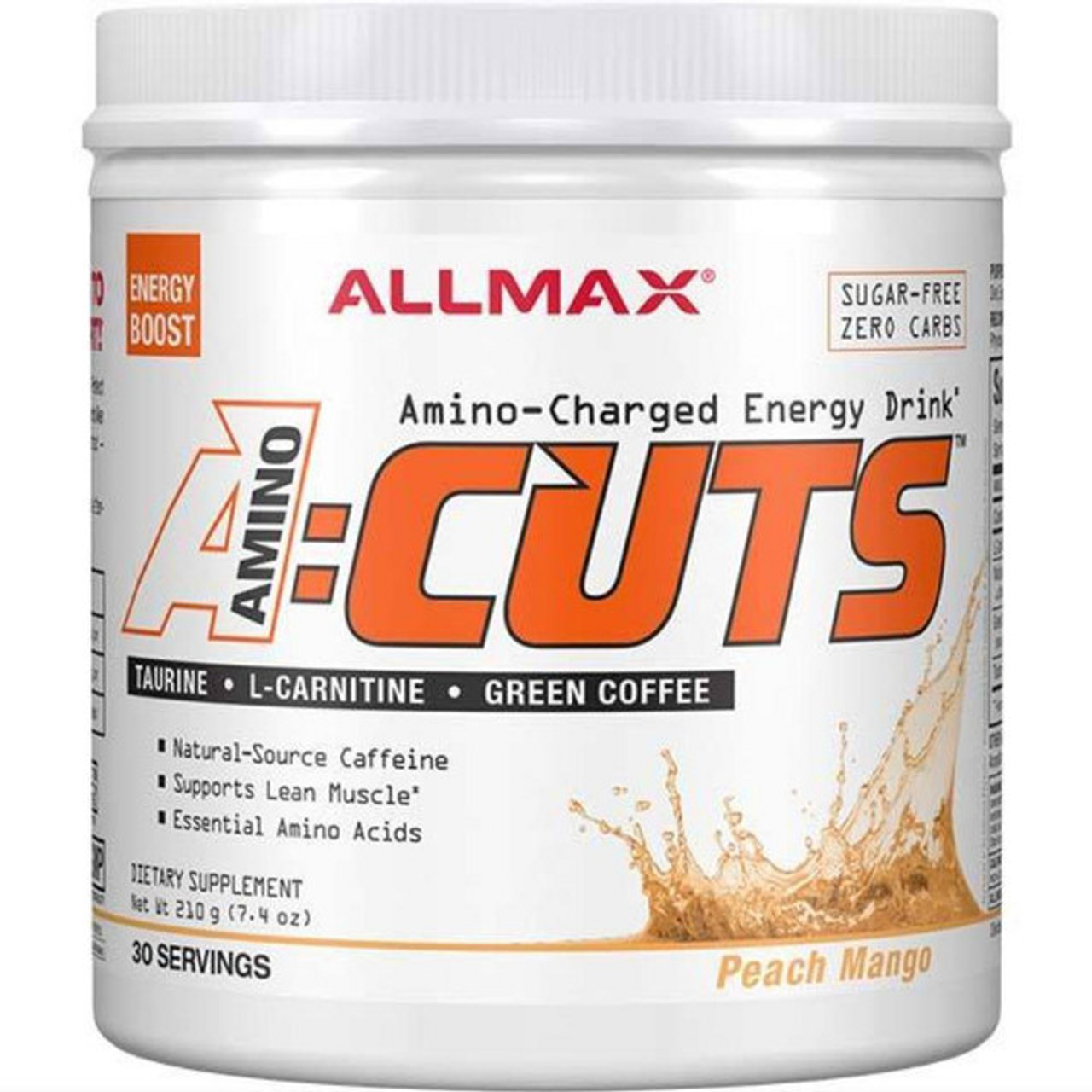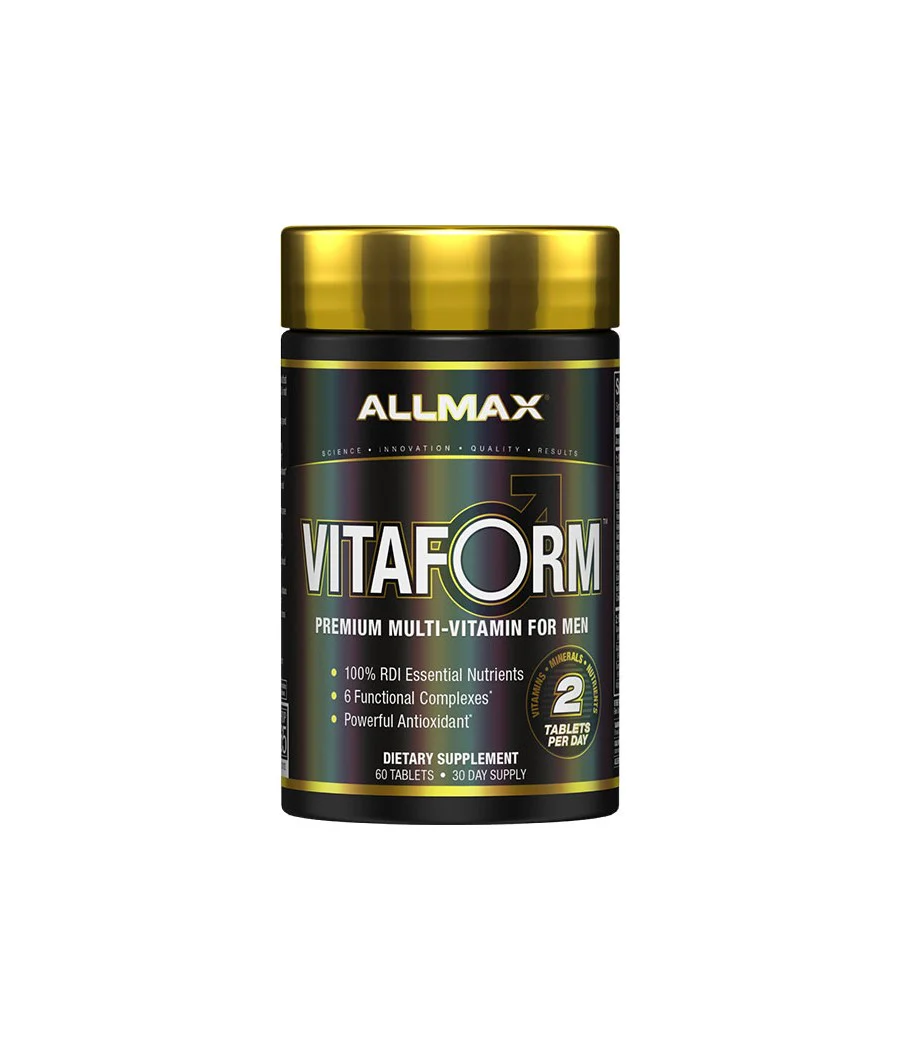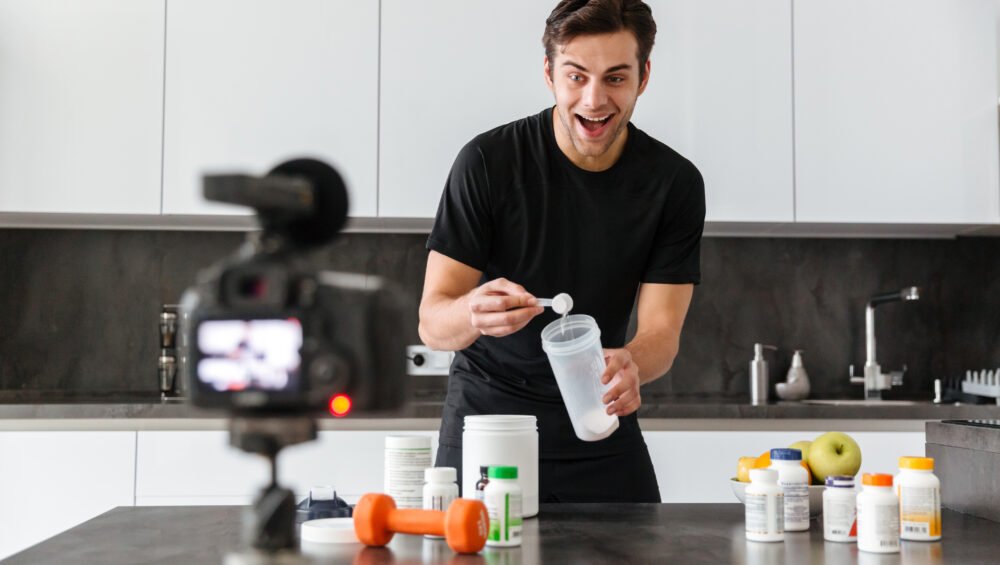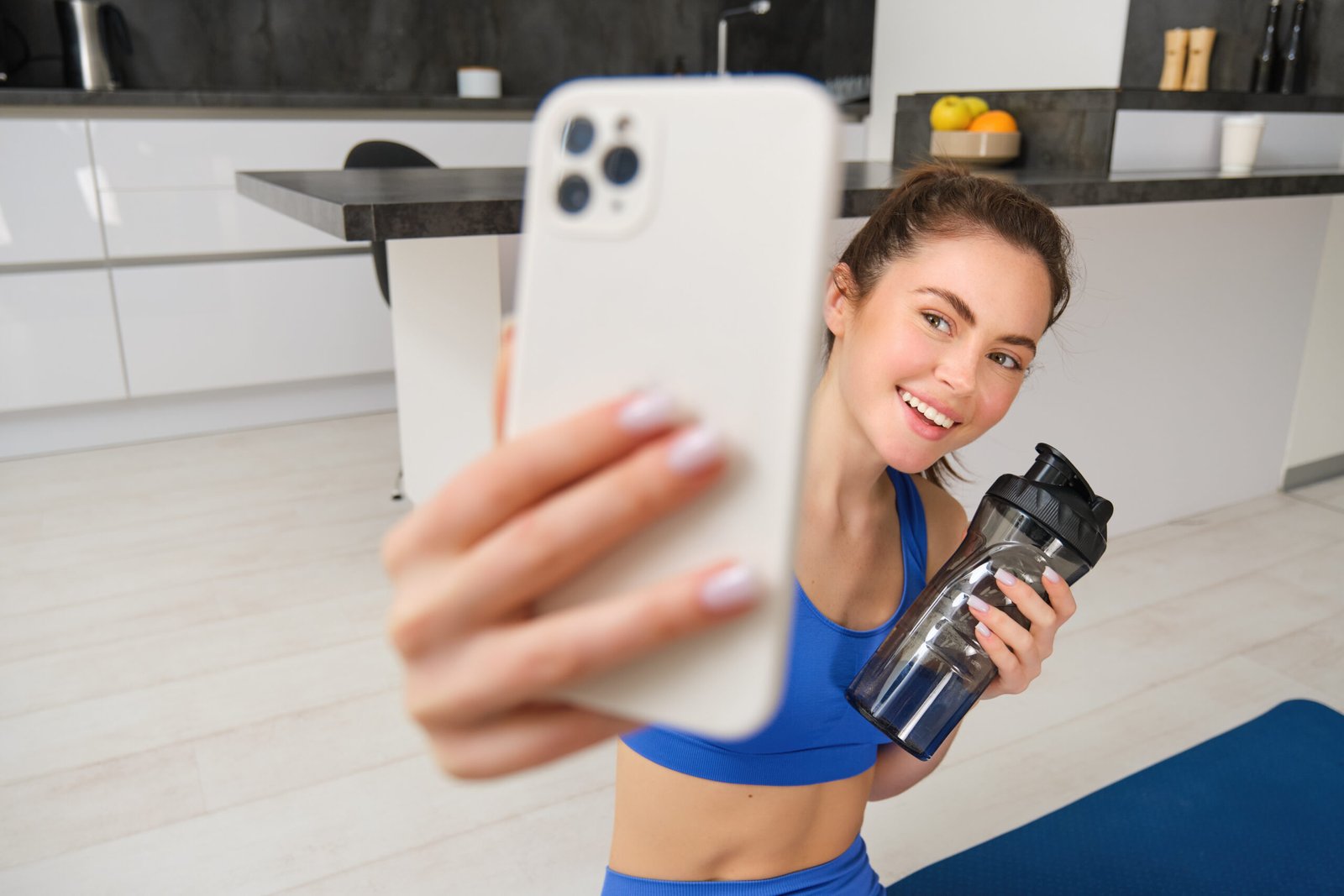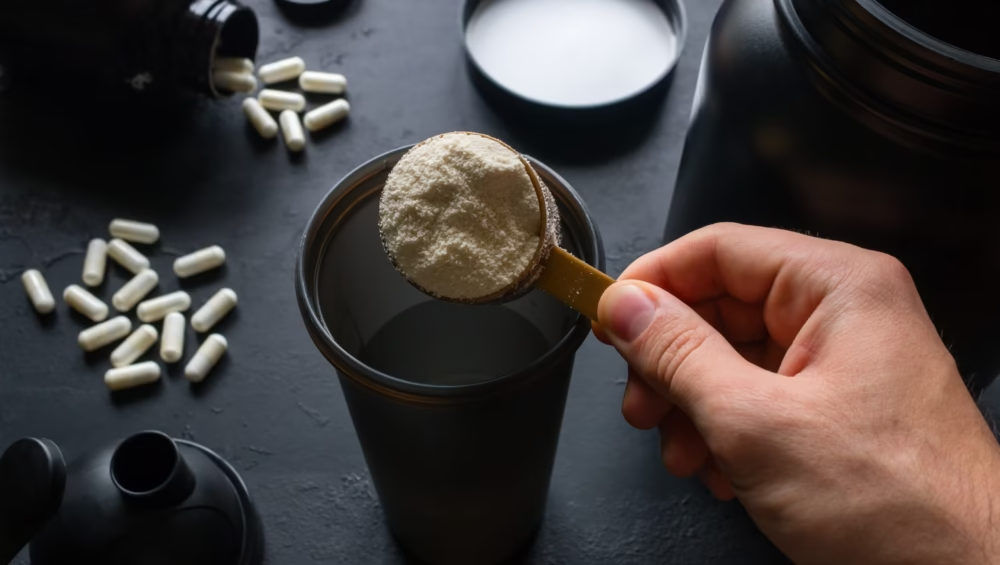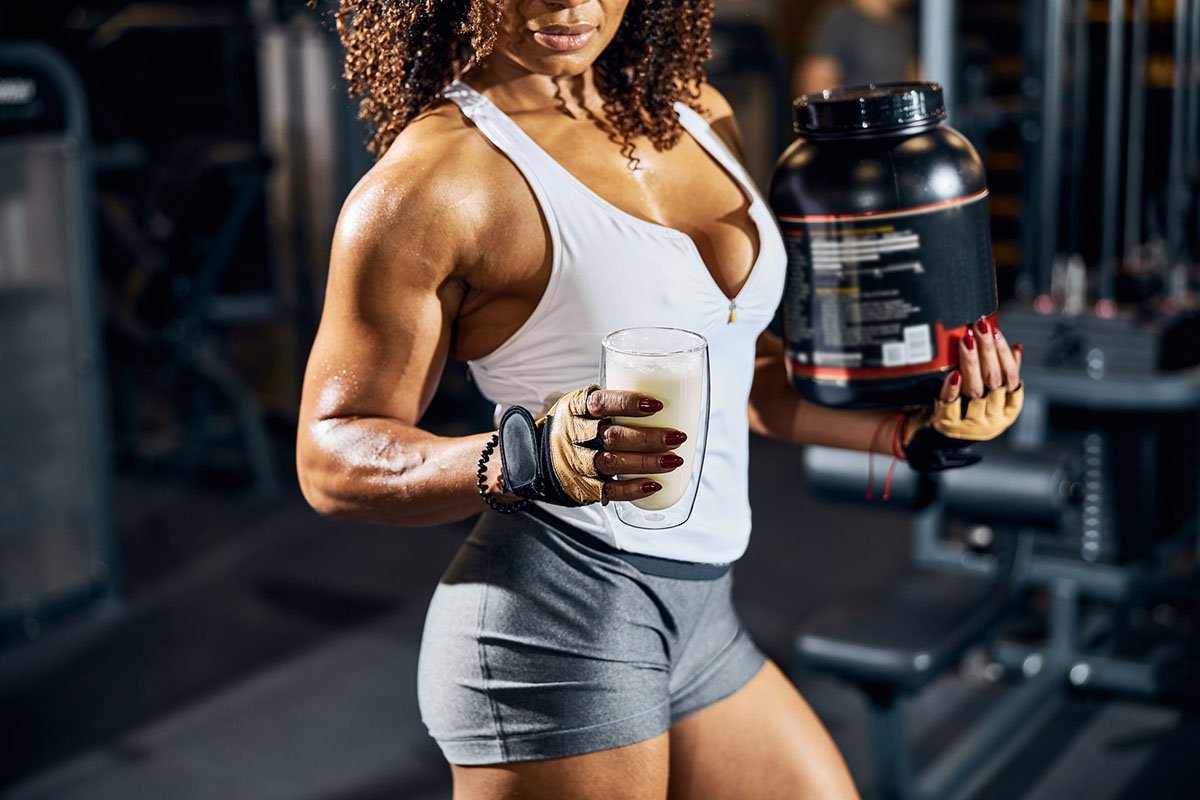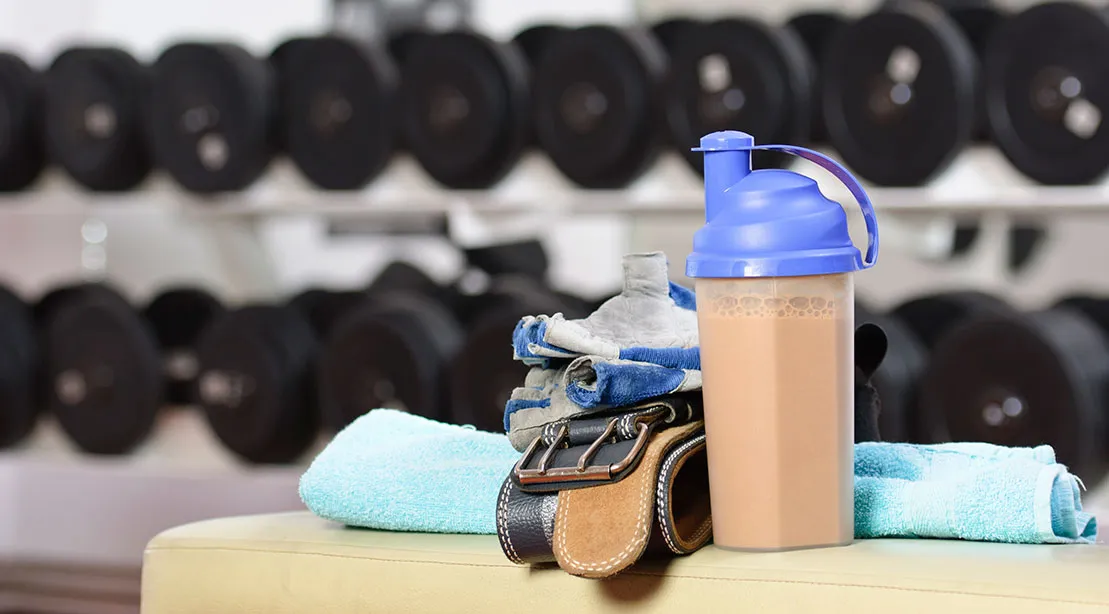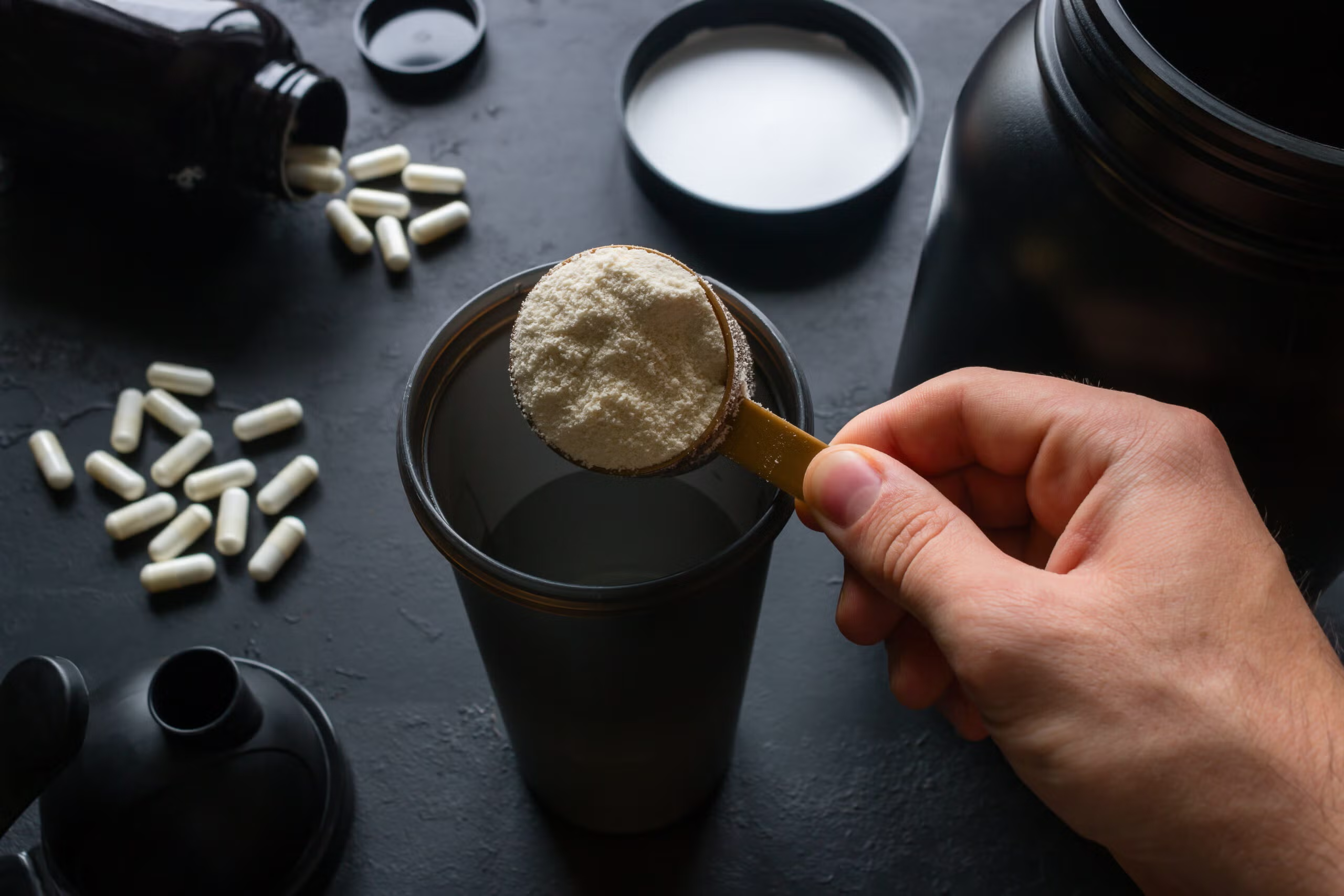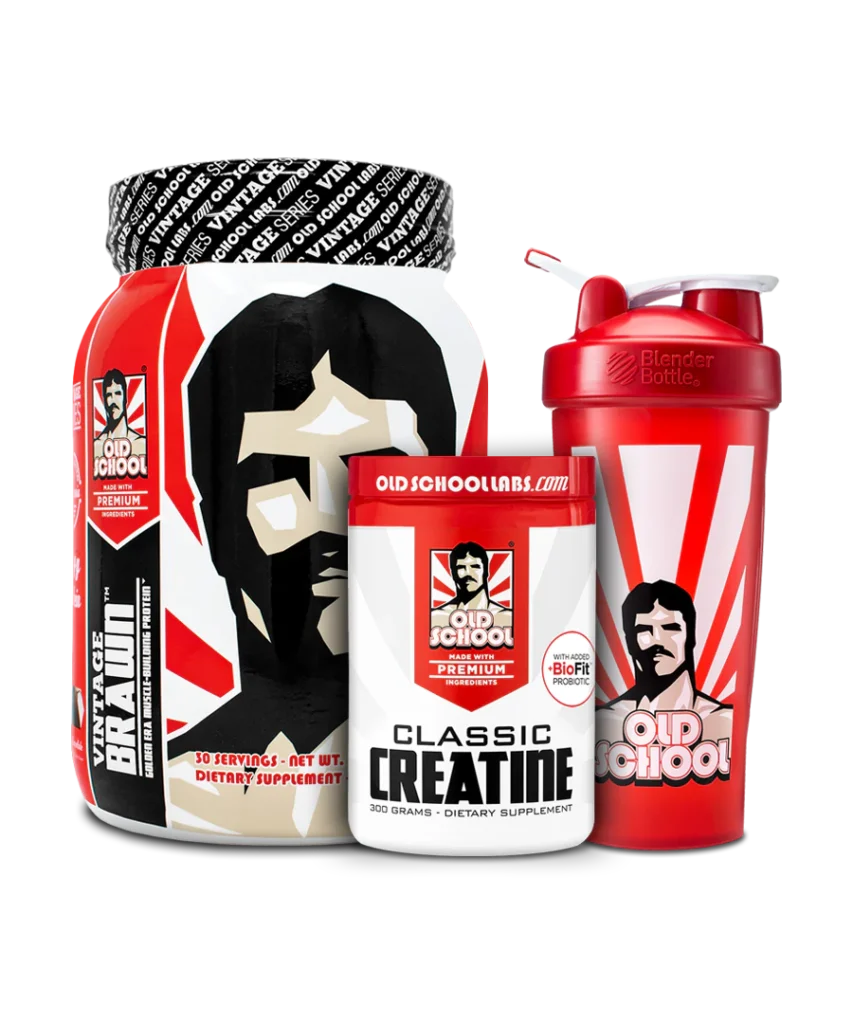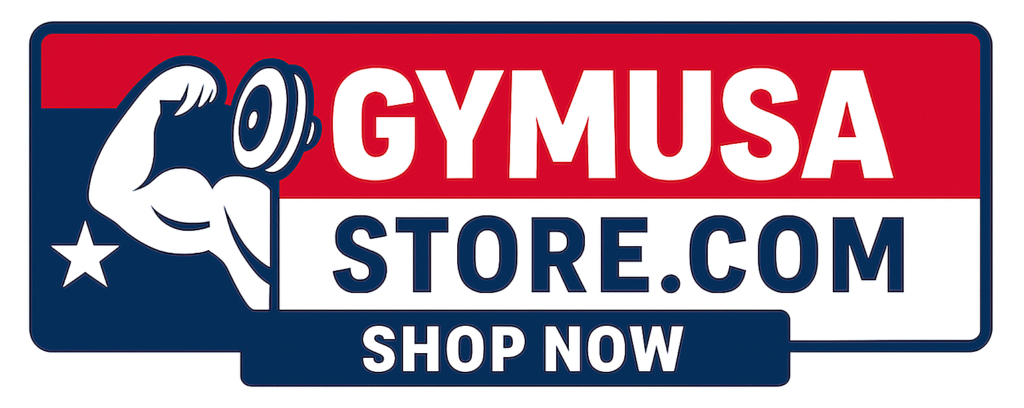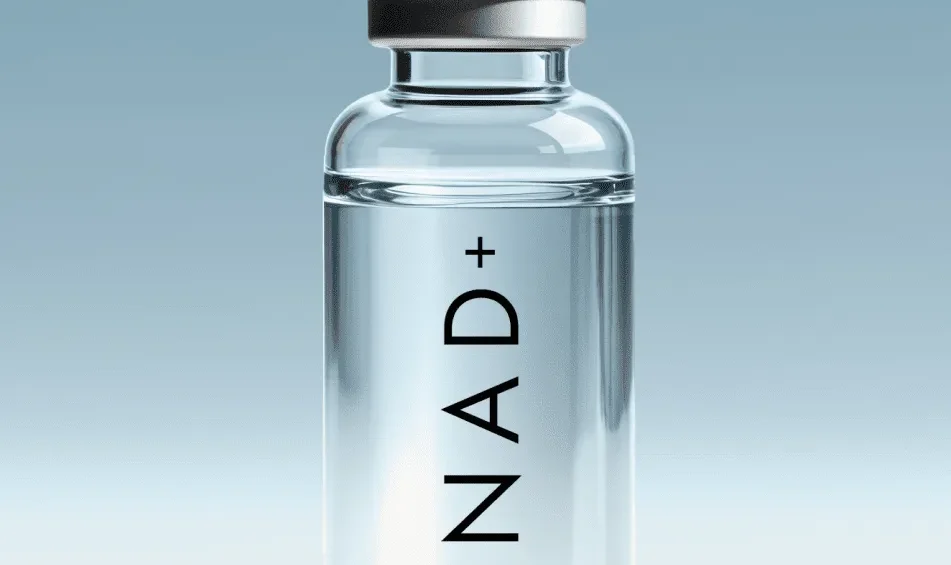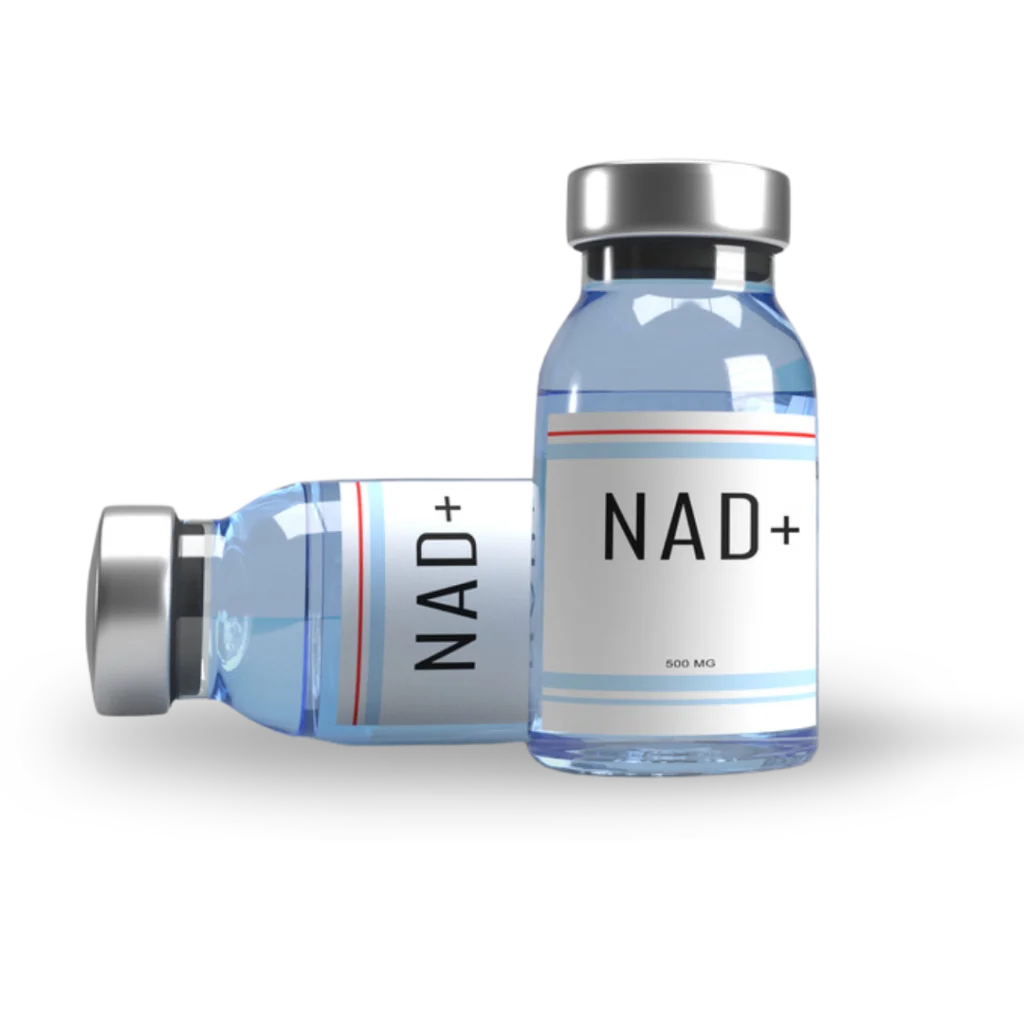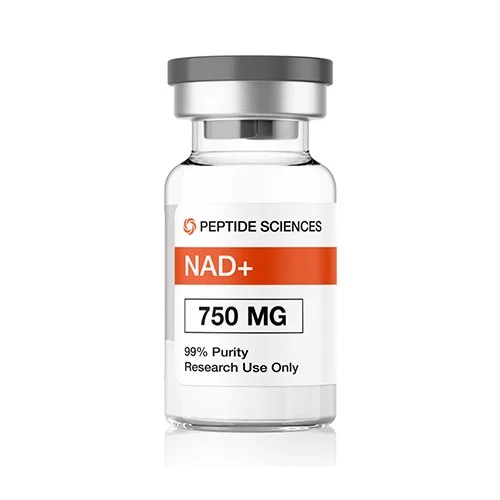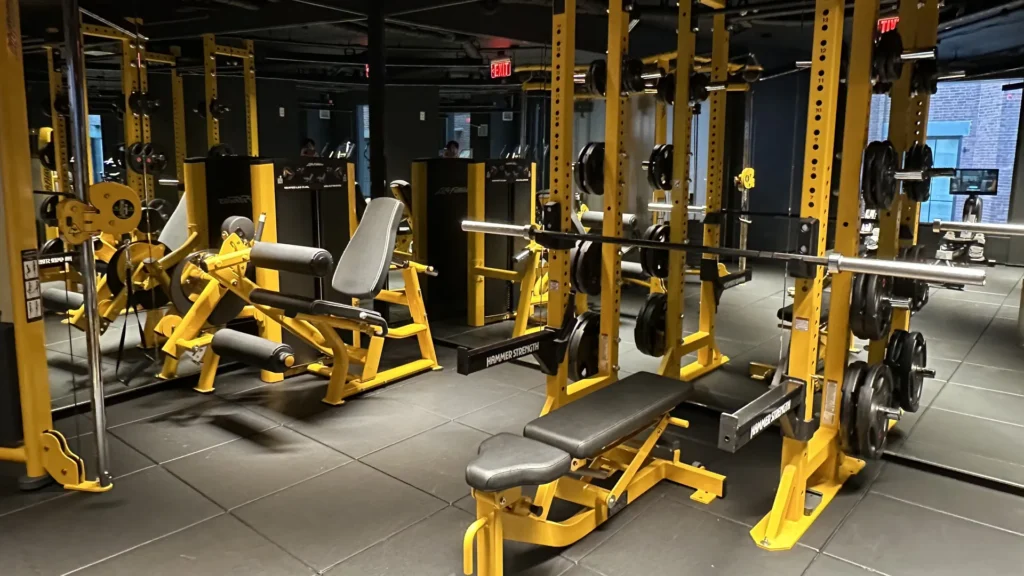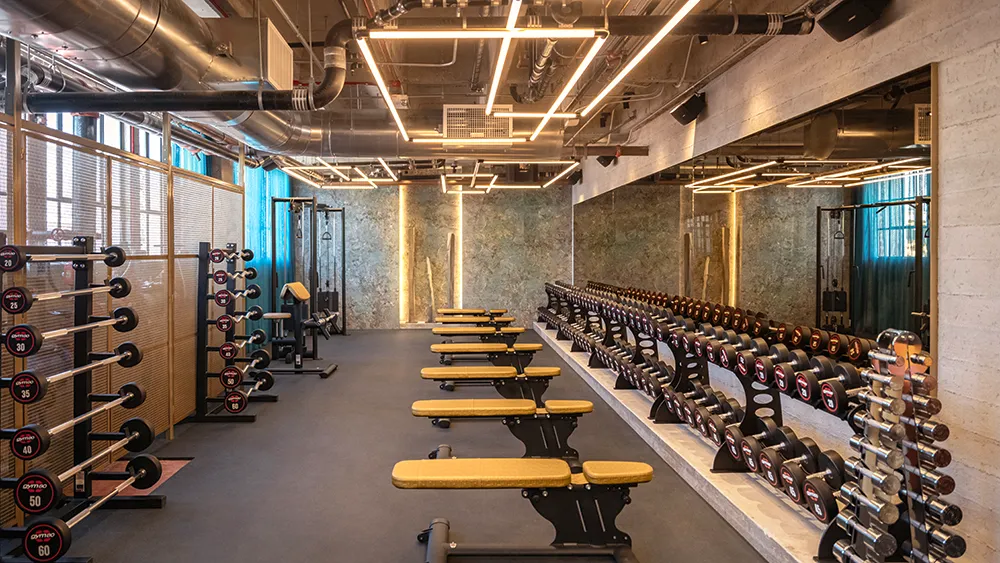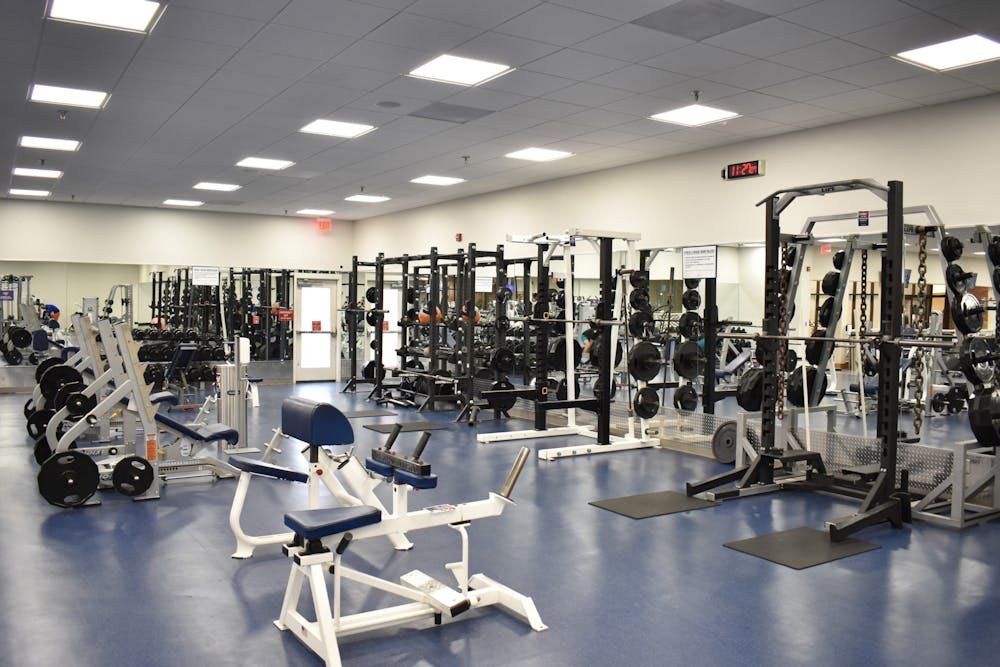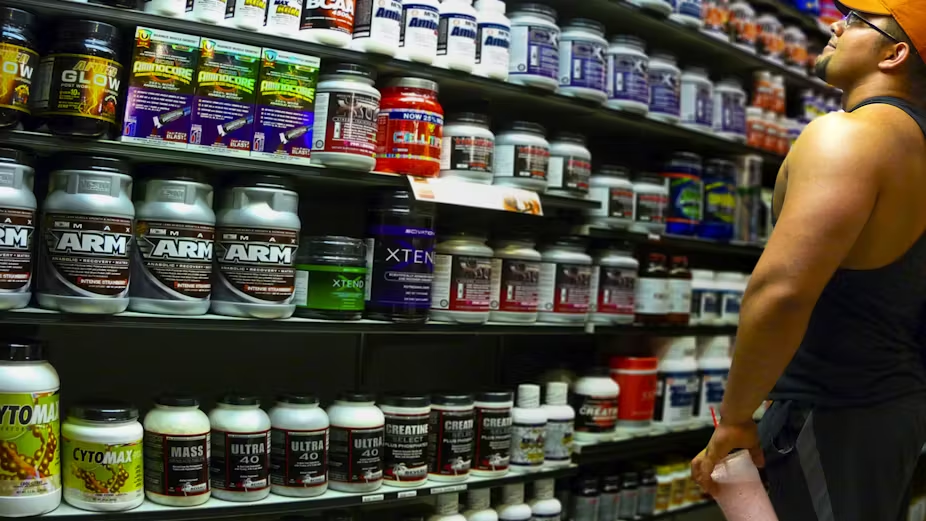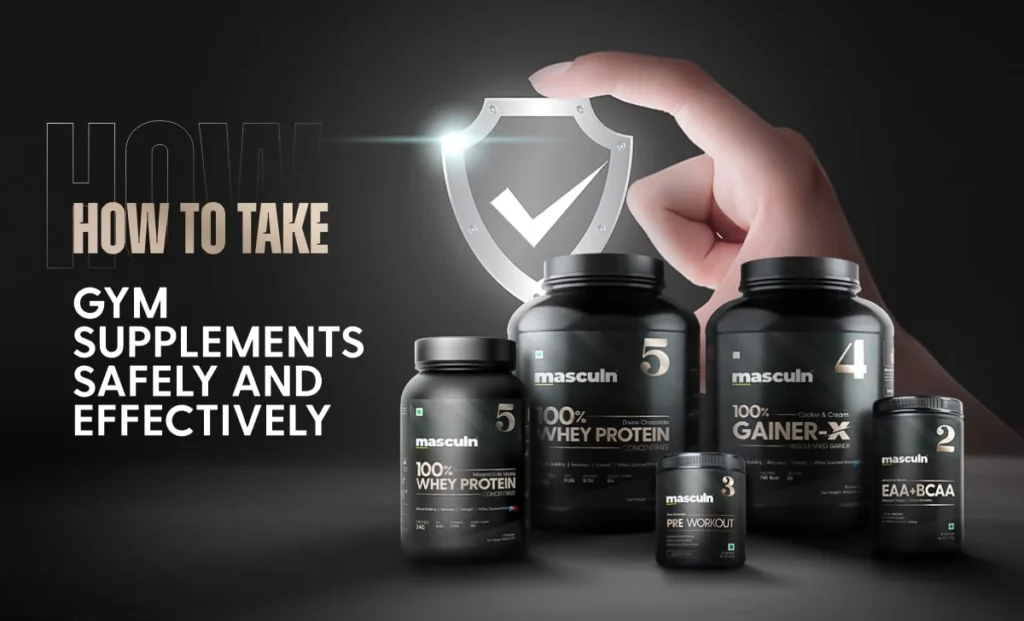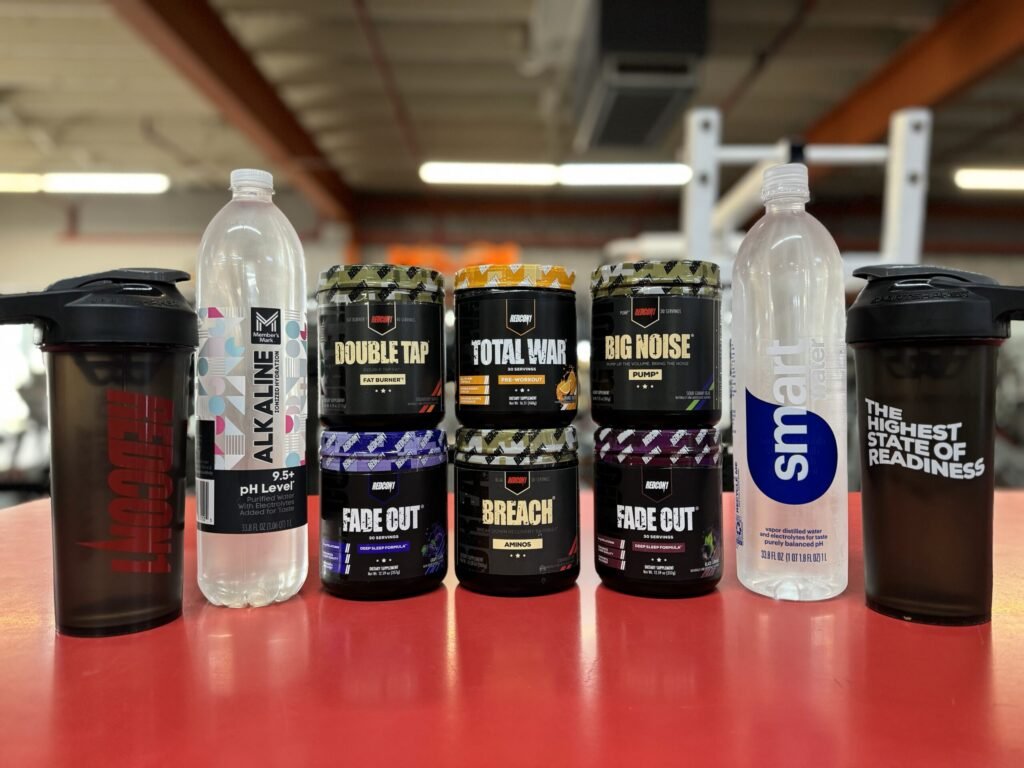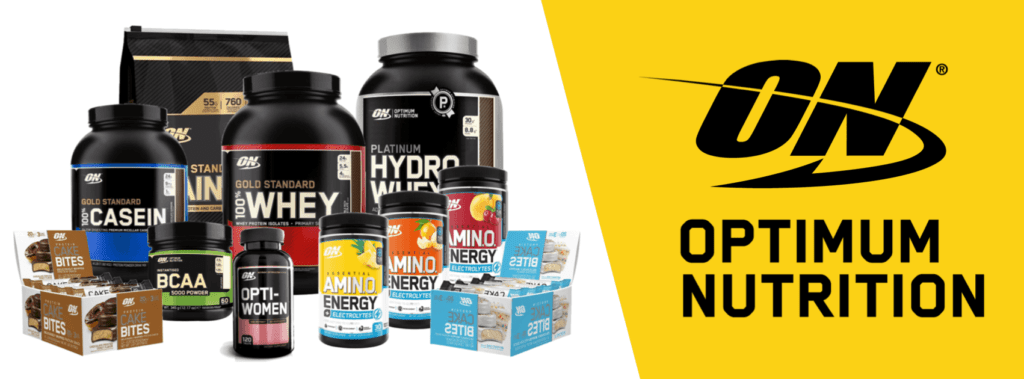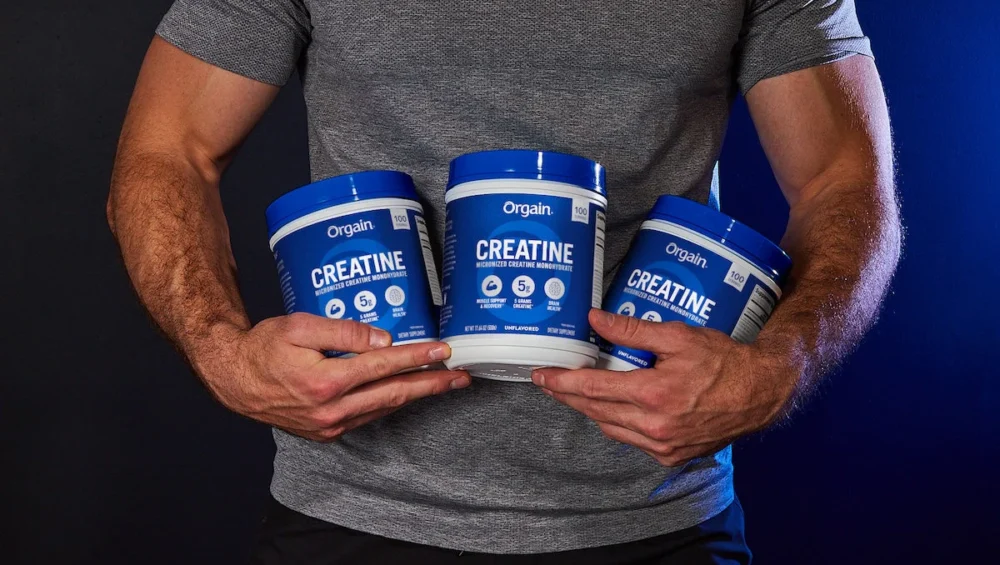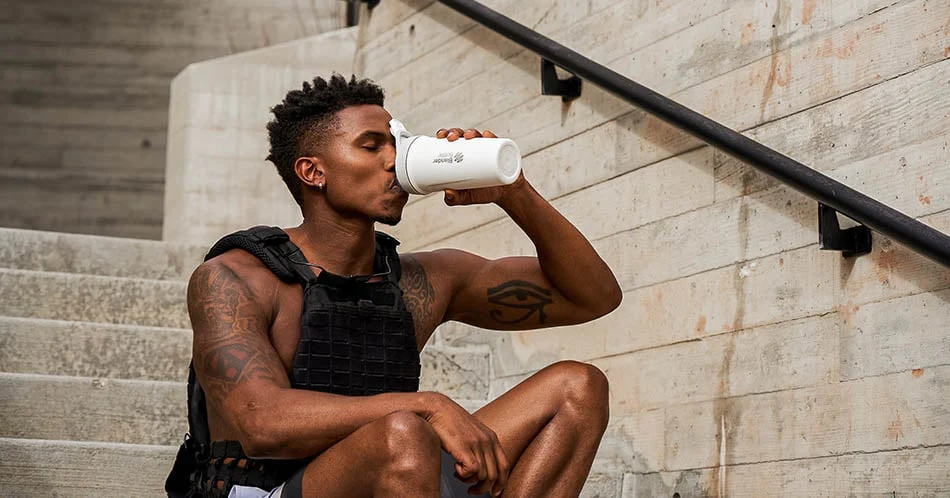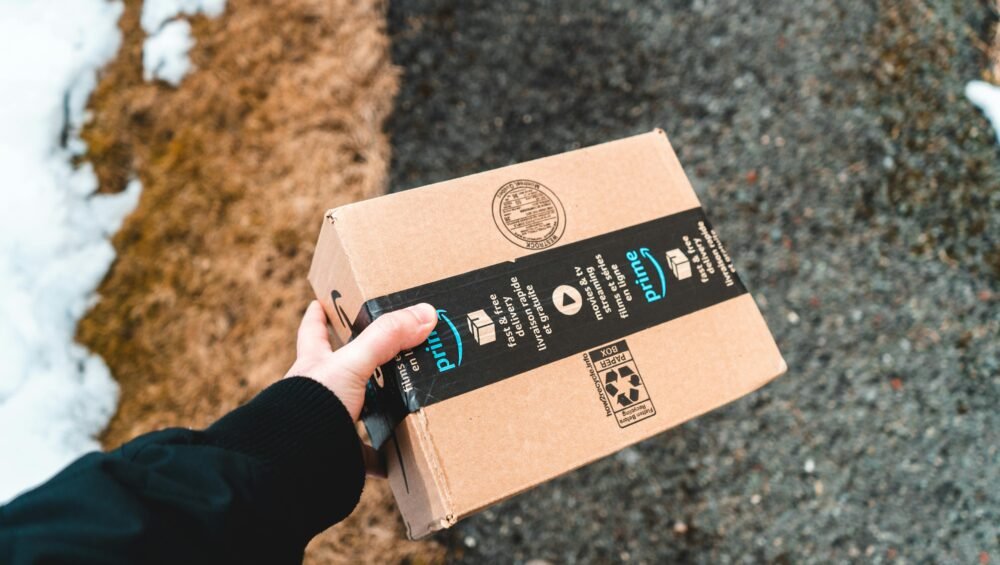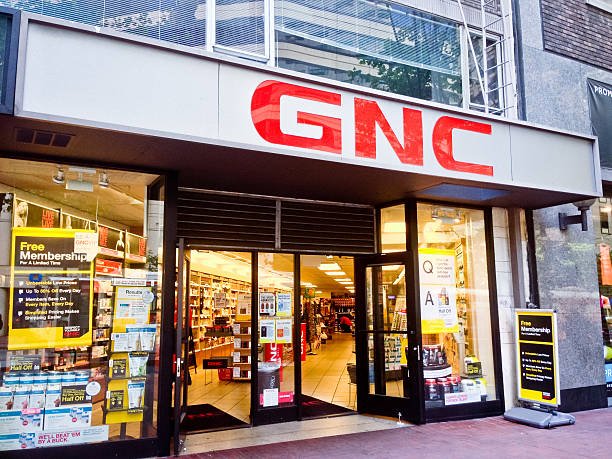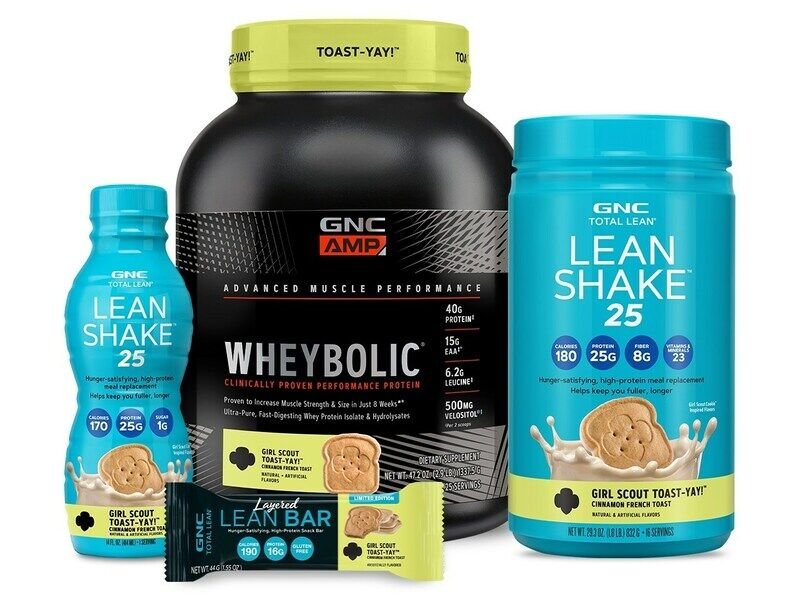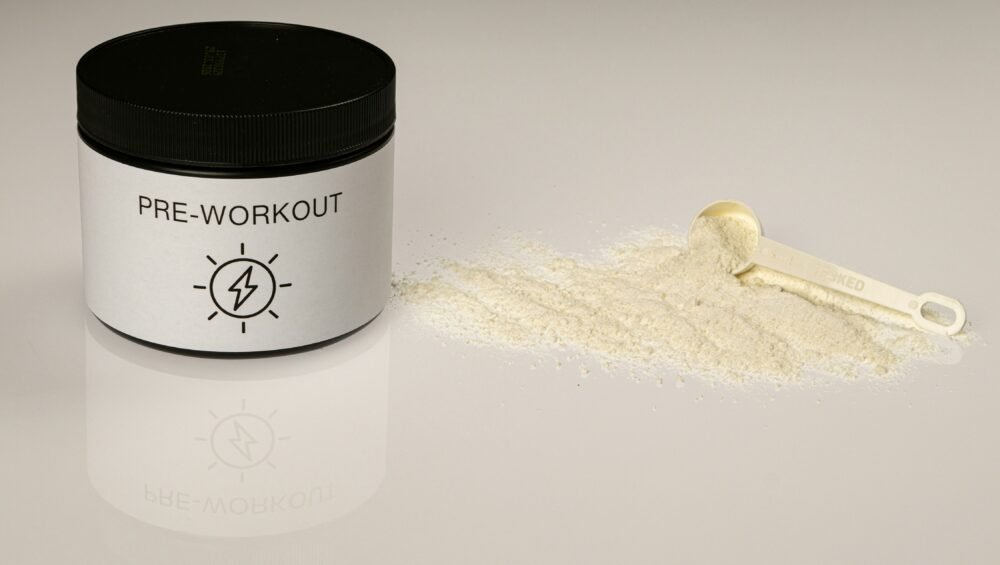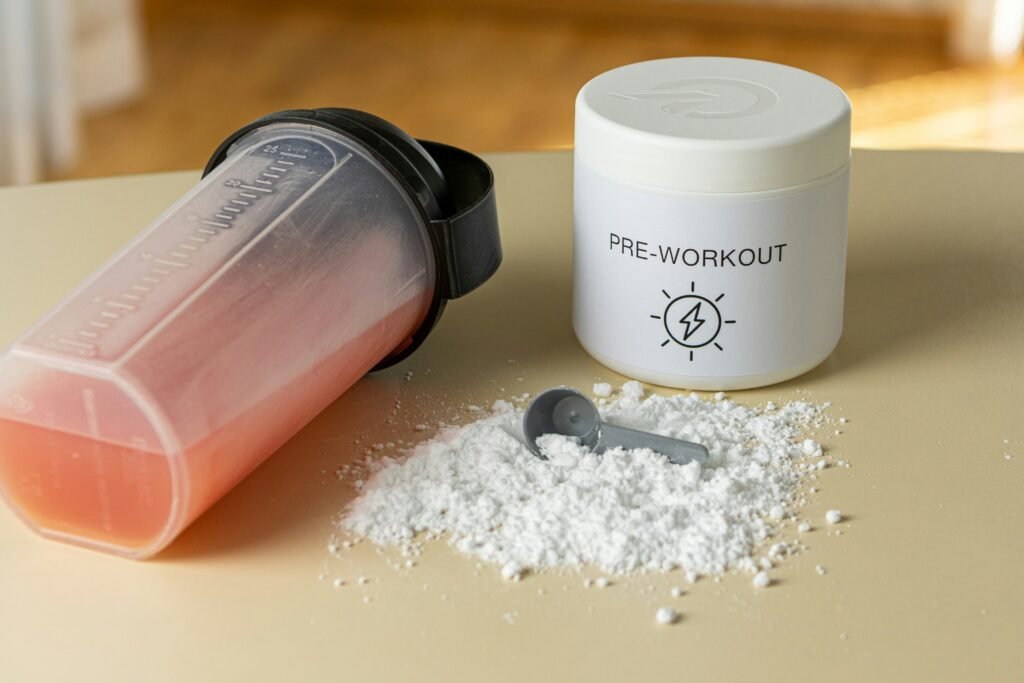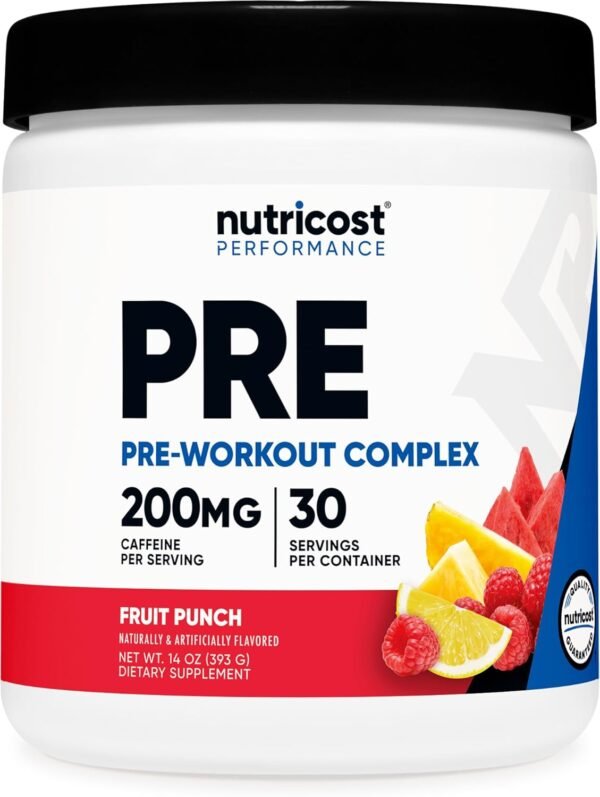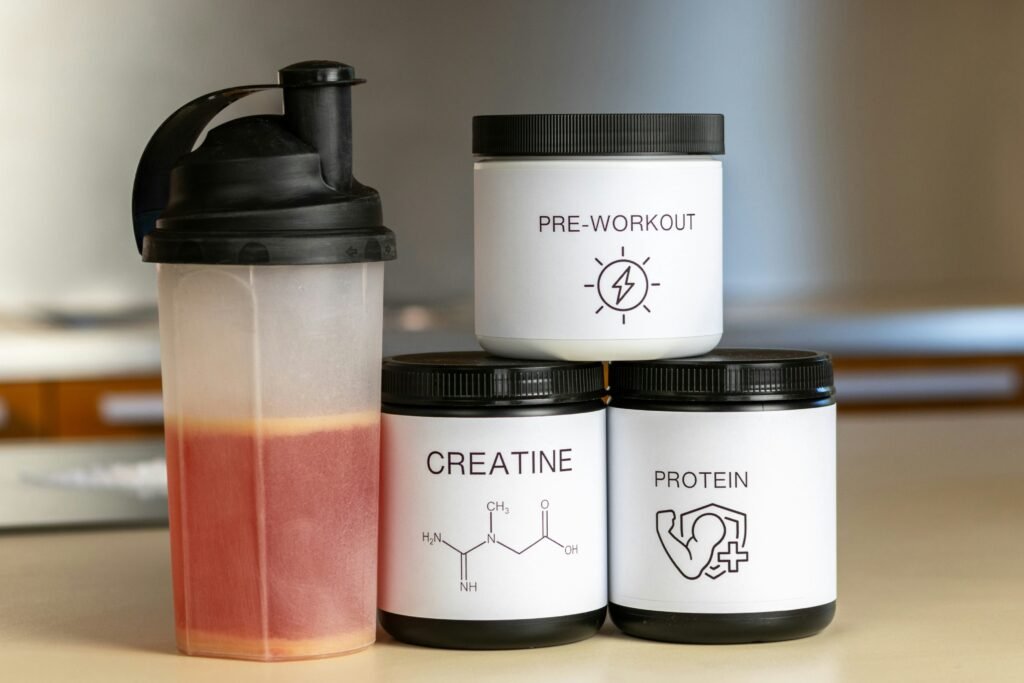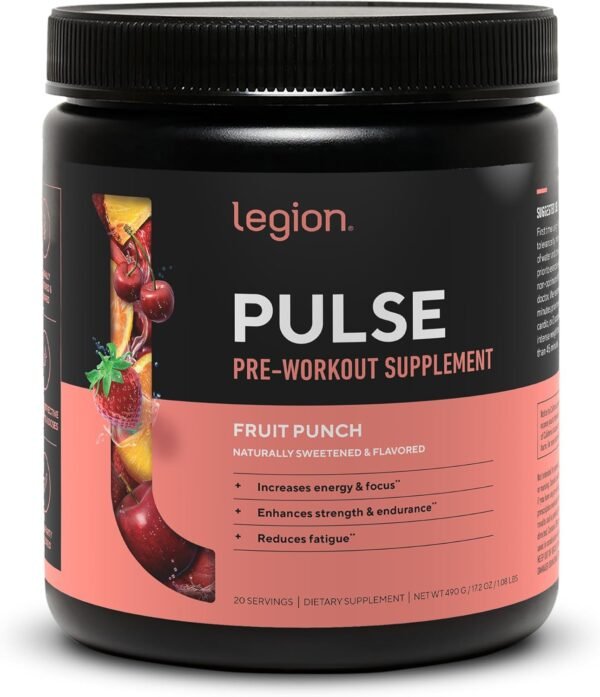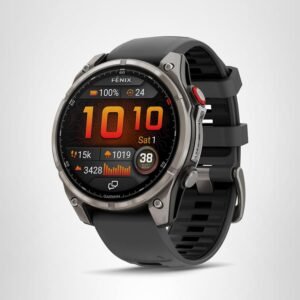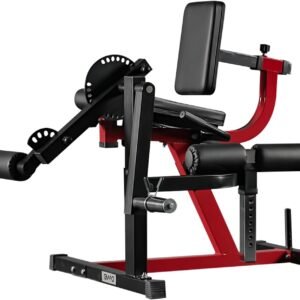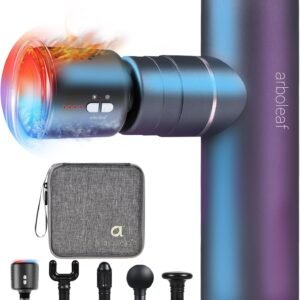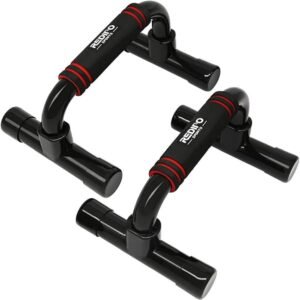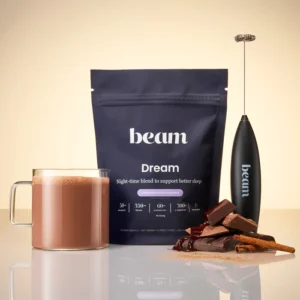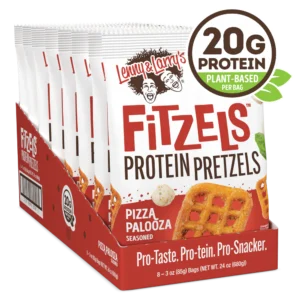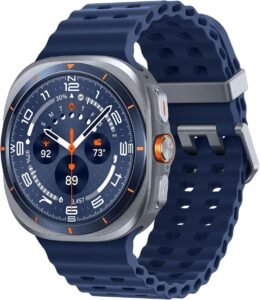Top 10 Gym Brands in Arizona. The sun-drenched landscape of Arizona is more than just a haven for hikers and golfers; it’s a thriving fitness ecosystem. From the sprawling urban centers of Phoenix and Tucson to the growing communities in Scottsdale, Tempe, and Flagstaff, Arizonans are passionate about health and wellness. This passion is reflected in the incredible diversity and quality of gym brands that call the state home.
But with so many options, how do you choose? The “best” gym isn’t a universal concept—it’s deeply personal. It depends on your budget, your fitness goals, your preferred training style, and even the vibe you’re looking for.
This definitive guide is designed to cut through the noise. We’ve sweat-tested, researched, and compiled a list of the top 10 gym brands in Arizona, providing an in-depth look at what makes each one unique. Whether you’re a bodybuilding purist, a yoga enthusiast, a CrossFit fanatic, or someone just starting their fitness journey, your perfect gym is on this list.
Let’s lift the curtain on Arizona’s fitness scene.
1. Mountainside Fitness: The Arizona Original
Website: https://www.mountainsidefitness.com/
If there’s one gym brand that screams “Arizona,” it’s Mountainside Fitness. Founded locally in 1991, it has grown from a single location to the state’s largest locally-owned fitness chain, with over 20 clubs spread across the Valley and in Tucson in Arizona. Mountainside has earned its place as a community staple by offering a massive, all-in-one fitness experience.
What Makes It Stand Out?
- Arizona-Grown: There’s a sense of state pride that comes with supporting a homegrown business. They understand the local culture and climate, often featuring resort-style pools and outdoor workout areas perfect for Arizona’s beautiful winters.
- Unmatched Variety: You will never get bored at a Mountainside. Their facilities are enormous, typically featuring:
- Extensive cardio and strength training zones with top-of-the-line equipment.
- Large group fitness studios with a huge schedule of classes included in membership (Yoga, Zumba, Spin, HIIT, etc.).
- Dedicated functional training areas with turf, sleds, and rigs.
- Basketball and racquetball courts.
- Luxury amenities like saunas, steam rooms, and resort-style pools.
- The “Sweat for Success” Kids Club: This is a major draw for families. They offer free, supervised childcare for members, making it easier for parents to prioritize their health.
Ideal For:
- Families who need childcare options.
- Fitness enthusiasts who want everything under one roof and love variety.
- Anyone who prefers a large, social gym environment with plenty of amenities.
- Supporters of local Arizona businesses.
Considerations:
- The sheer size can be intimidating for absolute beginners.
- Peak hours (5-7 PM) can be very crowded due to its popularity.
- Pricing is mid-to-high range, though they often run specials.
2. EŌS Fitness: The Value Juggernaut
Website: https://www.eosfitness.com/
Born in Arizona as “Elevation Fitness,” EŌS has exploded into a national brand, but its roots are deeply planted in the desert soil. The name EŌS, meaning “Goddess of the Dawn,” reflects their mission to be a new beginning for their members. Their primary weapon? Offering a premium, large-scale gym experience at an astonishingly affordable price point, often starting at just $10 a month.
What Makes It Stand Out?
- Incredible Value: This is their flagship offering. For a budget-friendly fee, you get access to clean, modern facilities packed with brand-new equipment.
- Modern & Clean Facilities: EŌS locations are typically newer or recently renovated. They are bright, clean, and filled with a massive array of Hammer Strength and Life Fitness equipment, a vast cardio theater, and dedicated functional training zones.
- Surprising Amenities for the Price: Even at the base tier, many locations offer perks like hydro-massage beds, and for a small upgrade, you can access amenities like tanning, red light therapy, and their group fitness classes (which are among the best in the budget category).
- Abundant Locations: With dozens of locations throughout the Phoenix metro area and Tucson, you’re never far from an EŌS, making it convenient for those with busy schedules.
Ideal For:
- Budget-conscious individuals and families.
- Anyone who wants a no-frills, equipment-heavy gym to do their own workouts.
- People who value new, well-maintained machines and a clean environment.
Considerations:
- The low price point means it can get very crowded, especially during peak hours.
- While they have classes and amenities, the culture is less about community and more about individual workouts compared to boutique studios.
3. Lifetime Athletic: The Luxury Lifestyle Destination
Website: https://www.lifetime.life/
When “gym” isn’t a strong enough word, you go to Lifetime. Lifetime Athletic is more than a place to work out; it’s a luxury lifestyle destination. With stunning locations in upscale areas like Scottsdale, Gilbert, and North Phoenix, Lifetime redefines what a health club can be. This comes at a premium price, but for those who can afford it, the experience is unparalleled.
What Makes It Stand Out?
- Resort-Level Amenities: We’re talking full-service spas, indoor and outdoor pools, basketball courts, dedicated yoga and cycling studios, and cafes serving healthy, chef-prepared meals and smoothies.
- Superior Programming: Their group fitness schedule is vast and diverse, featuring exclusive formats like LT Intensity and Alpha Yoga. They also offer top-tier athletic leagues, youth programming, and pilates reformer classes.
- Impeccable Facilities and Service: Everything at Lifetime is top-shelf. The equipment is the best available, the locker rooms are luxurious (with towels, toiletries, and dry saunas), and the staff is trained to provide exceptional service.
- A True Community Hub: People come to Lifetime to work out, socialize, work from the cafe, and relax. It’s designed to be a second home.
Ideal For:
- Those for whom budget is not a primary concern.
- Families looking for extensive youth programs and activities.
- Fitness enthusiasts who want a comprehensive wellness experience (fitness, nutrition, recovery, spa).
- Professionals who can utilize the club as a networking and social space.
Considerations:
- Price: This is the most expensive option on the list, with memberships often exceeding $200/month.
- The environment, while beautiful, can feel intimidating or less focused on hardcore training for some.
4. Orangetheory Fitness: The Science-Backed Group Burn
Website: https://www.orangetheory.com/en-us
Orangetheory Fitness (OTF) took the world by storm with its unique, science-backed, high-intensity group training model. With over 50 studios in Arizona alone, its popularity shows no signs of waning. The signature orange lights and heart rate monitors have become symbols of a effective, efficient, and community-driven workout.
What Makes It Stand Out?
- The Heart Rate Monitoring Technology: Every member wears a heart rate monitor that projects their real-time stats onto screens in the studio. The goal is to spend 12+ minutes in the “Orange Zone” (84-91% of max heart rate), which leads to Excess Post-Exercise Oxygen Consumption (EPOC), or “afterburn,” where you continue to burn calories for up to 36 hours after the workout.
- Structured, Coach-Led Workouts: You never have to think about what to do. Every class is a structured, one-hour, full-body workout that alternates between treadmill, water rower, and strength floor blocks. The template changes daily, so you never plateau.
- A Supportive Community: The group setting, led by motivating coaches, creates a powerful sense of camaraderie. You’re all in it together, and the shared experience is a huge motivator.
- Proven Results: The combination of HIIT, heart rate tracking, and professional coaching delivers tangible, measurable results for fat loss and improved cardiovascular endurance.
Ideal For:
- People who need the motivation of a group and a coach.
- Those who love data and seeing their effort quantified in real-time.
- Individuals looking for a efficient, one-hour, full-body workout that maximizes calorie burn.
- Anyone who gets bored with a routine and needs constant variety.
Considerations:
- Less focus on heavy strength training and muscle building.
- The monthly membership is priced like a boutique studio ($100-$160/month), so it’s more expensive than a traditional gym.
- The template is not customizable; you do the workout of the day.
5. CrossFit: The Community of Intensity
Website: https://www.crossfit.com/affiliate (Use to find local boxes)
CrossFit isn’t a single brand but a methodology practiced by thousands of independently-owned affiliates (“boxes”) worldwide. Arizona has a massive and passionate CrossFit community, with renowned boxes like CrossFit Scottsdale, CrossFit PHX, and CrossFit Valor in Tucson. The workout itself is defined as “constantly varied, high-intensity, functional movement.”
What Makes It Stand Out?
- Unmatched Community Vibe: This is the cornerstone of CrossFit. The shared suffering of a brutal “WOD” (Workout of the Day) creates incredibly strong bonds. You’ll find your toughest critics and your biggest cheerleaders all in one room.
- Functional Fitness: The movements are designed to prepare you for the demands of real life—lifting, carrying, pushing, pulling, and squatting. You get strong, agile, and capable, not just aesthetically fit.
- Scalability: Every single workout can and is scaled to any fitness level. The coach ensures that whether you’re a rookie or a Games athlete, the workout is equally challenging and safe for you.
- Never Boring: The constantly varied nature means you might be lifting heavy barbells one day, doing gymnastics the next, and finishing with a cardio burner. You’ll never plateau.
Ideal For:
- Those who thrive on competition and community support.
- People who want to get functionally strong and improve overall athleticism.
- Individuals who enjoy the challenge of learning new, complex skills (like Olympic lifting).
Considerations:
- The risk of injury can be higher if form is sacrificed for intensity or under poor coaching. Choosing a box with highly credentialed, attentive coaches is critical.
- The culture can feel intense or intimidating to outsiders (though most boxes are incredibly welcoming).
- Pricing is typically in the boutique range ($150-$200+/month).
6. F45 Training: The 45-Minute Functional Team Burn
Website: https://f45training.com/find-a-studio
Hailing from Australia, F45 Training has conquered the globe with its unique team training concept. The “F” stands for Functional, and the “45” is the duration of the workout. It combines elements of High-Intensity Interval Training (HIIT), Circuit Training, and Functional Movements into a fast-paced, addictive class format.
What Makes It Stand Out?
- The Ultimate “No-Thinking” Workout: Like Orangetheory, the workout is designed for you. The circuit is set up around the room with screens demonstrating each exercise. You simply move from station to station when the timer tells you to.
- Team-Based Atmosphere: While you work at your own pace, the team environment is a huge motivator. The workouts are designed to be high-energy and fun, often with music pumping and trainers hyping everyone up.
- Functional Focus with Variety: The workouts change every day, focusing on different goals: cardio, resistance, or hybrid. The exercises are functional, using equipment like kettlebells, battle ropes, sleds, and sandbags.
- Efficiency: In just 45 minutes, you get a incredibly effective full-body workout that torches calories and builds lean muscle.
Ideal For:
- People who love the group energy of OTF or CrossFit but want a slightly less technical approach.
- Those short on time who want a maximally efficient workout.
- Individuals who get bored easily and need daily variety.
Considerations:
- Less focus on skill development and heavy lifting compared to CrossFit.
- The pace is very fast, which can sometimes lead to compromised form if not careful.
- Membership is priced as a boutique studio.
7. The Village Health Clubs & Spas: The Refined Athletic Club
Website: https://www.villageclubs.com/
The Village Health Clubs & Spas is Arizona’s answer to the premier, family-oriented athletic club. With locations in the state’s most desirable communities—including Gainey, DC Ranch, and Verrado—The Village offers a refined, less corporate alternative to Lifetime, with a intense focus on community and impeccable service.
What Makes It Stand Out?
- Exceptional Service and Attention to Detail: From the moment you walk in, the focus is on personalized service. The staff knows members by name, and every detail, from the cleanliness of the facilities to the quality of the programming, is meticulously managed.
- World-Class Tennis and Pickleball: A major differentiator for The Village is its incredible racquet sports facilities. They offer top-tier instruction, leagues, and tournaments, making it a paradise for tennis and pickleball enthusiasts.
- Comprehensive Family Offerings: Like its competitors, The Village boasts amazing pools, kids’ clubs, and extensive youth programming, from swim teams to summer camps.
- Elegant, Resort-Style Environment: The clubs are beautifully designed, less “mega-gym” and more “luxury resort,” creating a comfortable and upscale atmosphere for all activities.
Ideal For:
- Families, particularly those interested in racquet sports.
- Discerning individuals who value personalized service and a less crowded, more refined environment.
- Those living in the communities they serve who want a true neighborhood club feel.
Considerations:
- Limited number of locations, primarily in high-end master-planned communities.
- Membership dues are at the premium level, similar to Lifetime.
8. VASA Fitness: The All-Inclusive Value Play
Website: https://vasafitness.com/
A rapidly growing competitor in the value gym space, VASA Fitness has entered the Arizona market with a bang. Their model is simple: offer a huge range of amenities and equipment at a staggeringly low price point, directly challenging EŌS and Mountainside.
What Makes It Stand Out?
- Staggered Membership Tiers: VASA’s genius is in its tiered system. You can choose a basic ” cardio and weights” membership for a rock-bottom price, or upgrade to their “Studio” or “Premium” levels to unlock everything: all group fitness classes (including their exclusive formats), hydro-massage, tanning, kids’ club, and even gyms.
- Incredible Amenities for the Price: Even mid-tier members get access to a massive selection of group classes, making it one of the best values in fitness if you take advantage of them.
- “Studio” Blends Boutique and Big-Box: Their class studios are designed to feel like separate boutique experiences within the large gym, offering HIIT, cycling, and yoga in dedicated, themed rooms.
Ideal For:
- Budget-conscious members who still want a wide array of classes and amenities.
- Those who like the option to start cheap and upgrade later as their needs change.
- Anyone who wants a clean, modern, and well-equipped gym without the luxury price tag.
Considerations:
- Can be extremely crowded during peak hours.
- As a newer entrant to the market, locations are still expanding but not yet as ubiquitous as EŌS.
9. UFC GYM: Where Fighters and Families Train
Website: https://www.ufcgym.com/
UFC GYM is a unique fusion of a traditional health club and the high-energy world of mixed martial arts. It’s not just for fighters; it’s built on the concept that the training methods of the world’s best athletes are effective for everyone, from kids to grandparents.
What Makes It Stand Out?
- The Signature Octagon®: Where else can you train in a real Octagon? This is the heart of the gym, used for MMA classes, personal training, and functional workouts.
- Authentic Martial Arts Programming: They offer authentic, accredited coaching in Brazilian Jiu-Jitsu, Muay Thai, Boxing, and MMA. This is a major draw for those looking to learn self-defense, get into fighting, or just find a incredibly engaging way to get in shape.
- Daily Functional Training Classes (DUT™): These are their signature group fitness classes, inspired by the training regimens of UFC athletes. They are high-intensity, functional, and varied.
- An Emphasis on Youth Fitness: Their UFC GYM Youth Program combines fitness, martial arts, and self-defense, all designed to build confidence and discipline in kids.
Ideal For:
- Martial arts enthusiasts or those curious about learning.
- Anyone bored with traditional cardio and weightlifting and looking for a skill-based, high-energy alternative.
- Families interested in youth martial arts programs.
Considerations:
- The MMA focus might not appeal to everyone.
- The environment can be intense and loud, which may not be conducive to those looking for a quiet, focused workout.
10. Local Strength & Conditioning Gyms: The Hidden Gems
Beyond the big brands, Arizona is teeming with exceptional locally-owned strength gyms, powerlifting clubs, and bodybuilding sanctuaries. These are places like ****
- Trainyard Fitness (Scottsdale): A renowned strength and conditioning facility known for expert coaching.
- The Rush Fitness (Multiple Locations): A local chain focused on a social, results-driven small group training model.
- Independent Powerlifting Gyms (e.g., Powerhouse Gym franchises or specific clubs like Deserto Barbell): Mecca for serious lifters with platforms, competition racks, and like-minded communities.
What Makes Them Stand Out?
- Expert Coaching: These gyms are often founded and staffed by competitive athletes and specialists who live and breathe their discipline.
- Serious Training Environment: Filled with specialized equipment you won’t find in commercial gyms: competition power racks, kilo plates, strongman logs, sleds, and GHR machines.
- Niche Community: The community is smaller, tighter-knit, and hyper-focused on a specific goal, whether it’s powerlifting, bodybuilding, or athletic performance.
Ideal For:
- Serious athletes and competitive lifters.
- Individuals who are highly focused on a specific training goal.
- Those who prefer a no-frills, hardcore training environment without distractions.
Considerations:
- Often lack the amenities of larger clubs (pools, courts, extensive cardio).
- The culture can be intimidating for beginners.
- You must seek them out, as they don’t have the marketing reach of national brands.
How to Choose the Right Gym for You: A Step-by-Step Guide
Now that you’ve seen the options, how do you decide? Ask yourself these crucial questions:
- What are my fitness goals? (Weight loss, muscle building, training for a sport, general health?)
- What is my budget? Be realistic about monthly fees and any annual or startup costs.
- What is my preferred training style? (Solo, group classes, team sports, one-on-one coaching?)
- How important are amenities to me? (Pool, childcare, spa, locker rooms, cafe?)
- Where is it located, and what are the hours? Convenience is key to consistency. A perfect gym 30 minutes away is worse than a good gym 5 minutes away.
- What is the vibe and culture? THIS IS CRUCIAL. Always, always take a tour and ask for a free trial pass. Does the gym feel welcoming? Do the members look like people you’d want to be around? Is the staff helpful?
Boutique Innovation and the Future of Fitness in Arizona
While the major brands offer established formulas, Arizona’s fitness scene is also shaped by cutting-edge boutique studios and innovative franchise concepts. These players are introducing niche and high-tech approaches that are gaining significant traction. For instance, specialized HIIT studios and boutique concepts like Ohm Fitness, which offers high-tech EMS (electrical muscle stimulation) workouts in a small group setting, represent a new wave of fitness. Similarly, brands like Club Pilates and specialty offerings such as infrared sauna workouts (e.g., HOTWORX) cater to specific wellness niches. For Arizonans who find standard gym routines monotonous, these innovative studios provide fresh, results-oriented, and community-driven alternatives that are expanding throughout the state’s metro areas, ensuring the local fitness landscape remains dynamic and diverse.
Beyond the Rack: Finding Your Fitness Culture Fit
Choosing a gym is as much about culture as it is about cost or equipment. Your ideal environment is a key driver of long-term consistency. Do you thrive on the silent, singular focus of a serious strength gym with chalk-dusted platforms, or the buzzing, collaborative energy of a CrossFit box where cheers accompany the last rep of a WOD? Perhaps you prefer the curated, attentive experience of a boutique studio where the instructor knows your name. Arizona’s range caters to all. Brands like Mountainside Fitness or the Village Health Clubs offer a large-scale, amenity-rich social hub, while local powerlifting gyms provide a no-frills, goal-focused sanctuary. Taking an honest self-assessment of the atmosphere that motivates you—whether it’s communal, competitive, or private—is a crucial step that goes beyond any list of features.
The Arizona Advantage: Merging Fitness with Lifestyle
A unique strength of Arizona’s fitness brands is their ability to leverage the state’s iconic climate and outdoor culture, creating a seamless blend of indoor training and outdoor living. Many local gyms, especially homegrown brands like Mountainside Fitness, are designed with this in mind, featuring resort-style pools, expansive outdoor turf areas, and shaded patios that are usable for much of the year. This extends the gym’s function beyond a workout space to a true wellness and social destination. For residents, this means your fitness routine can integrate with a broader active lifestyle—a post-lift swim, outdoor yoga, or functional training in the sun. This “Arizona Advantage” transforms the gym from a chore into a cornerstone of a vibrant, health-conscious lifestyle that takes full advantage of the state’s natural environment.
Final Rep: Find Your Fitness Home
Arizona’s fitness landscape is as diverse and dynamic as its geography. From the budget-friendly, massive floors of EŌS Fitness to the luxurious, resort-like oasis of Lifetime, there is a perfect gym waiting for you. The passionate, community-driven intensity of CrossFit boxes offers a unique challenge, while the data-driven, group energy of Orangetheory provides a science-backed burn.
Your fitness journey is personal. The best gym is the one that makes you feel excited to walk through its doors, supports your goals, and fits your lifestyle. Use this guide as your starting point, take those free trials, and find the place where you can become the healthiest, strongest version of yourself.
What’s your favorite gym in Arizona? Did we miss a great one? Share your thoughts in the comments below!

